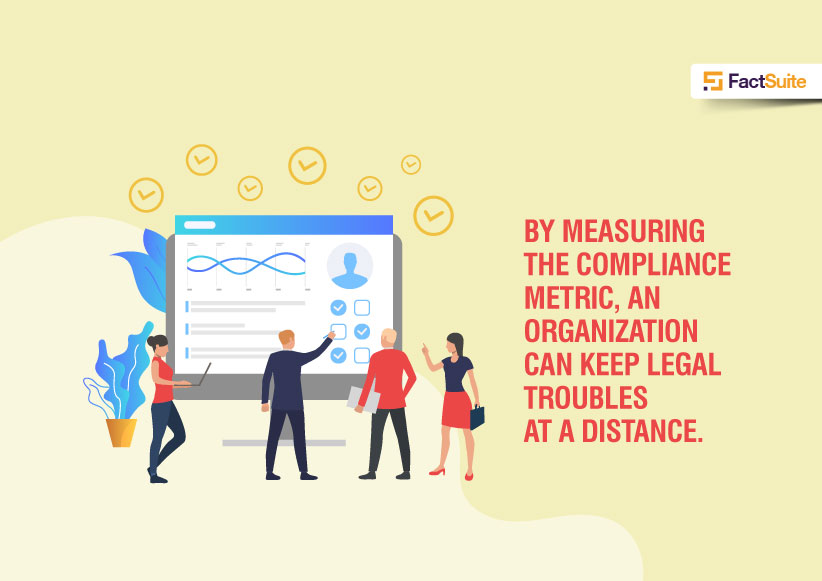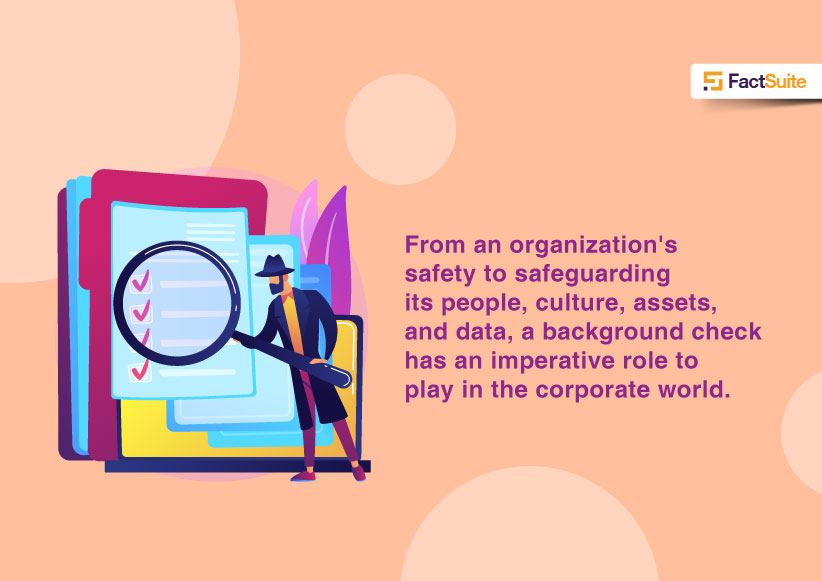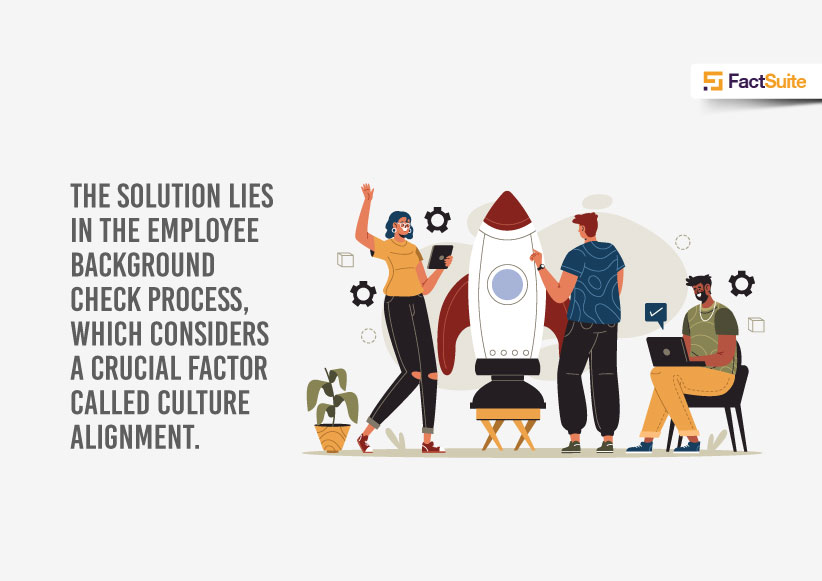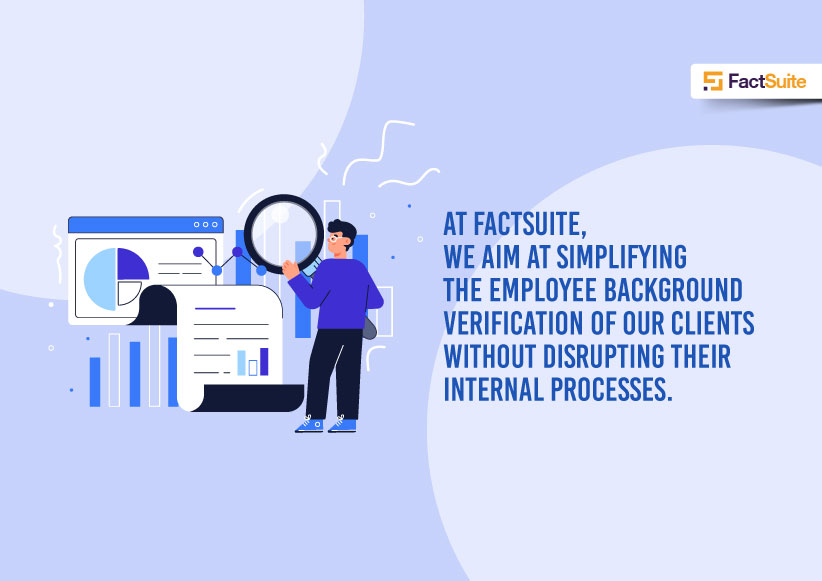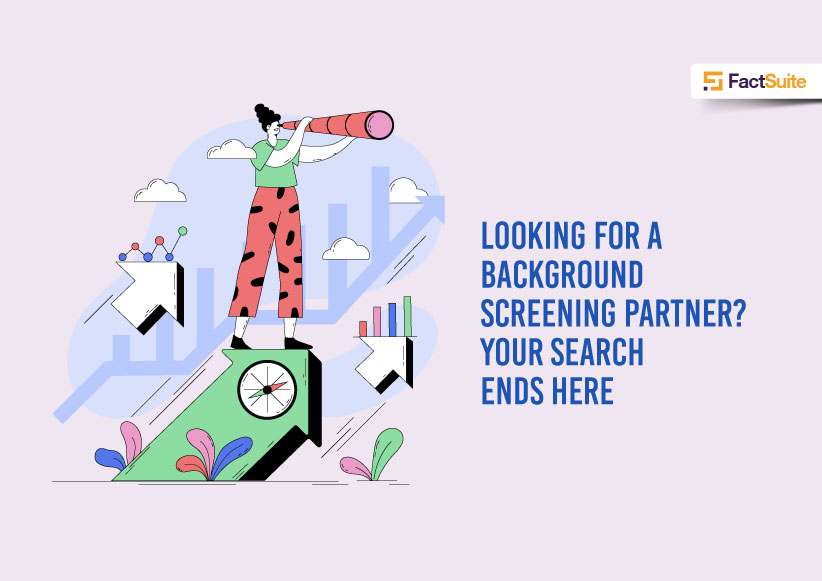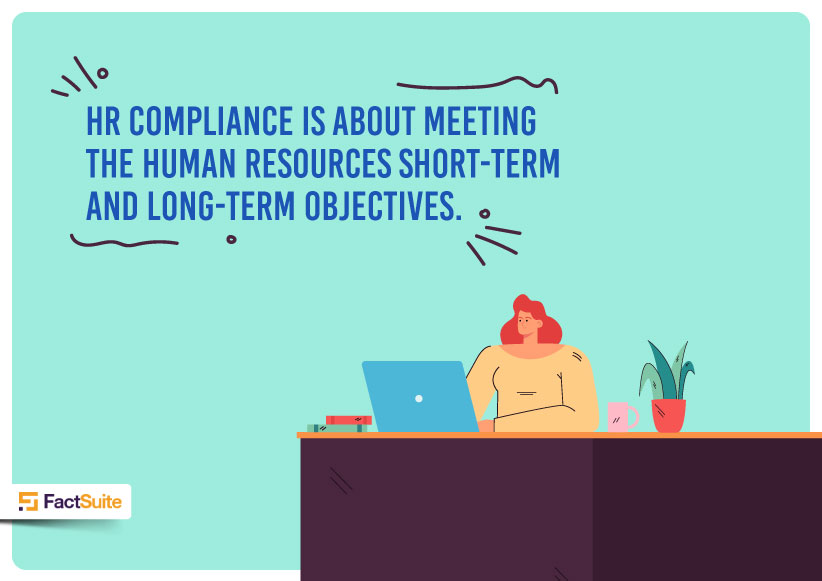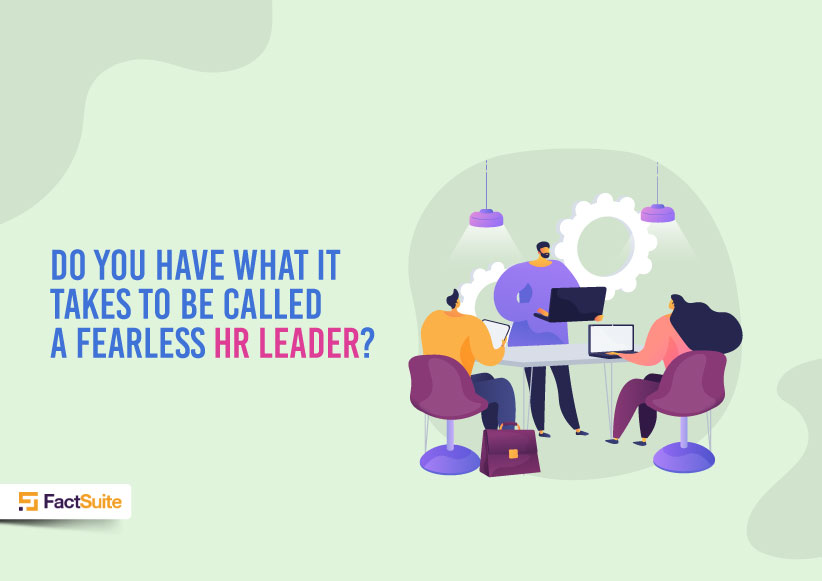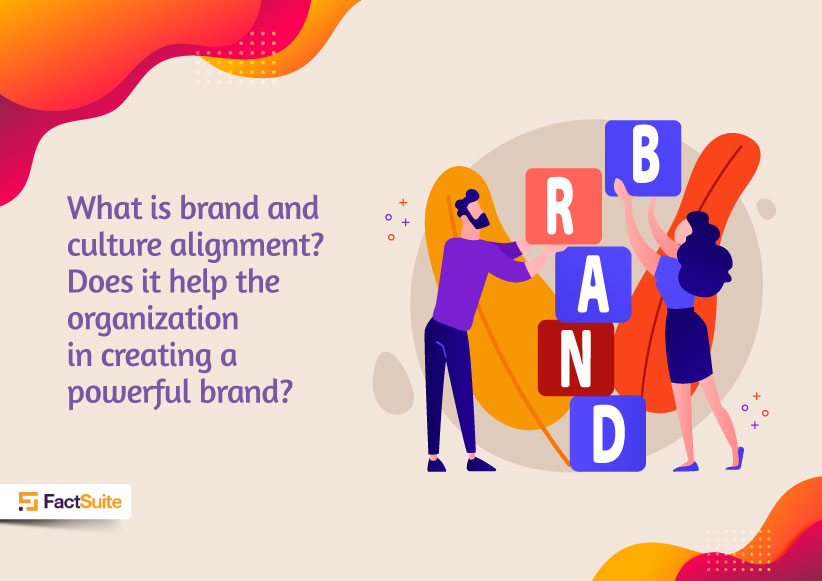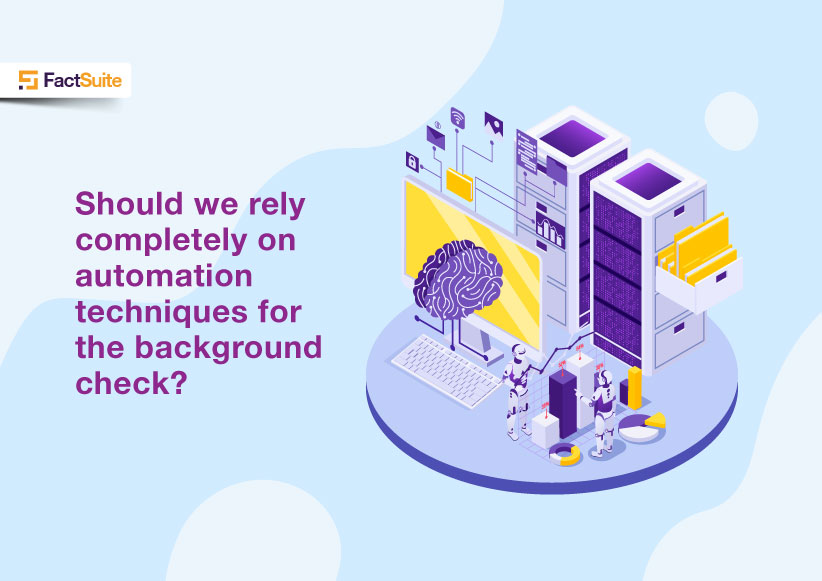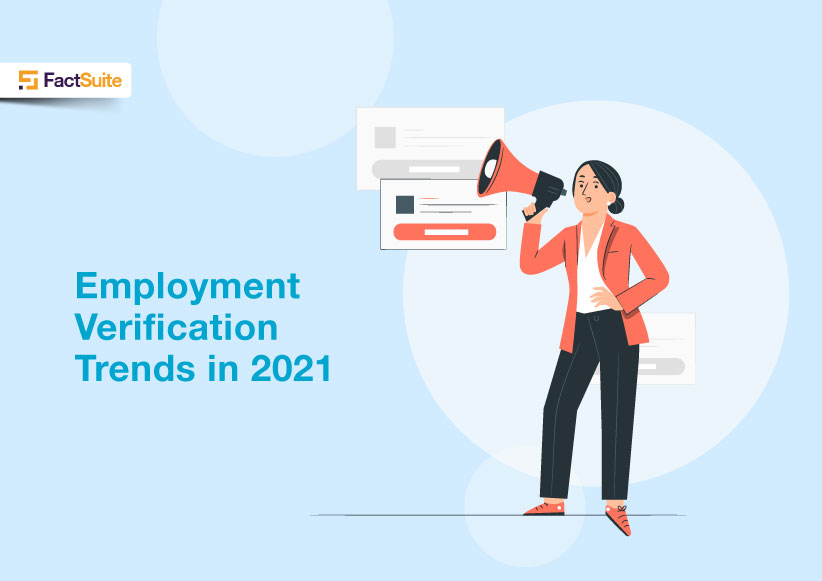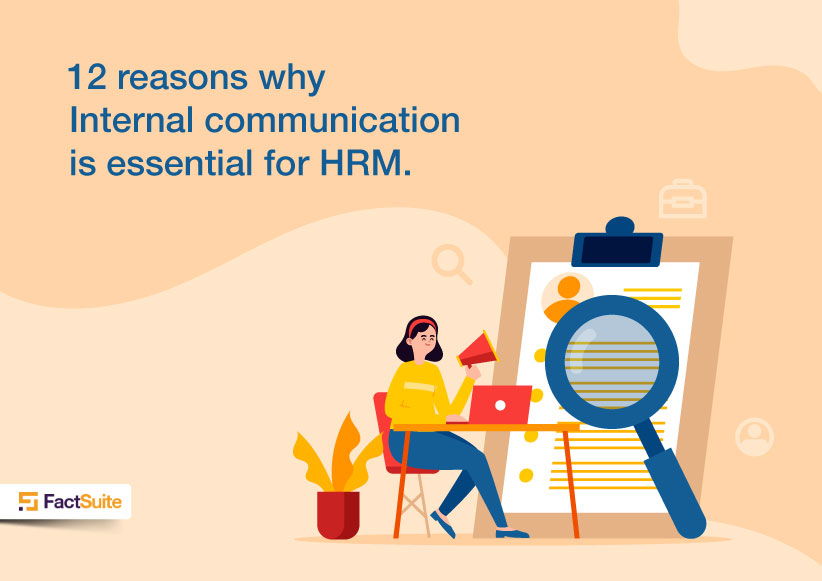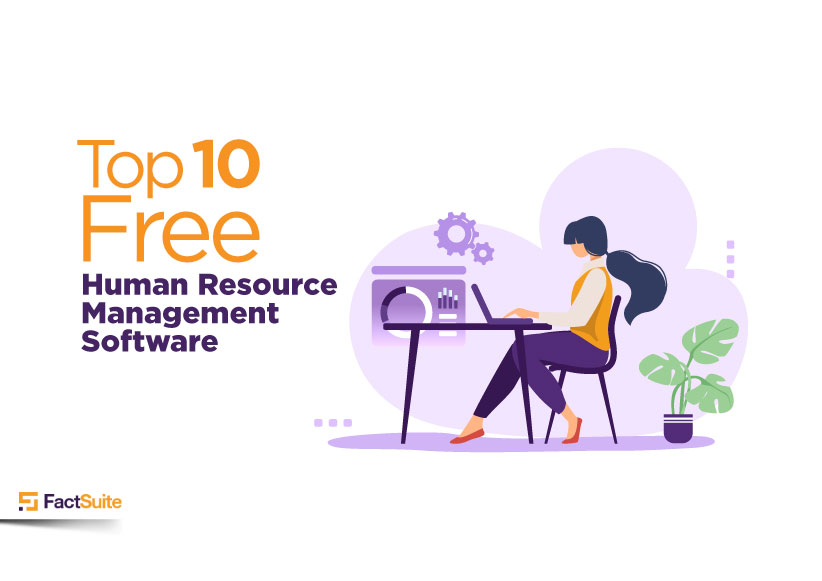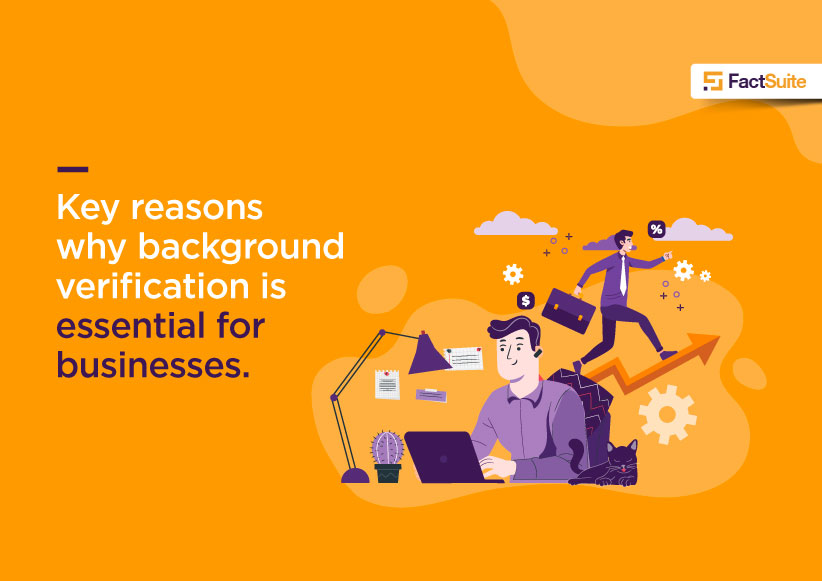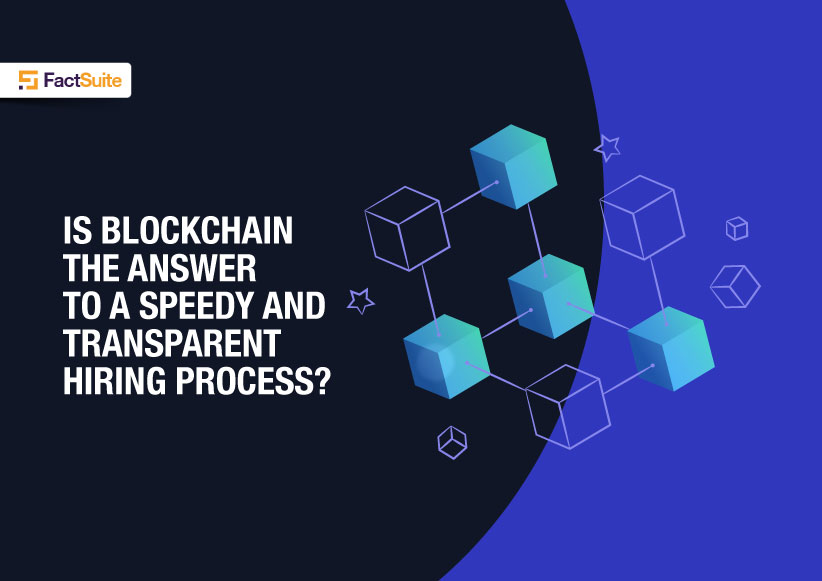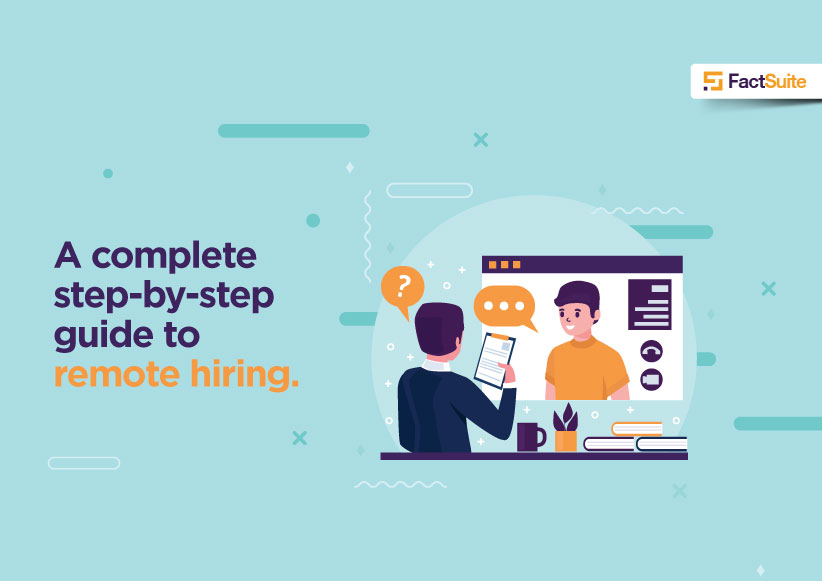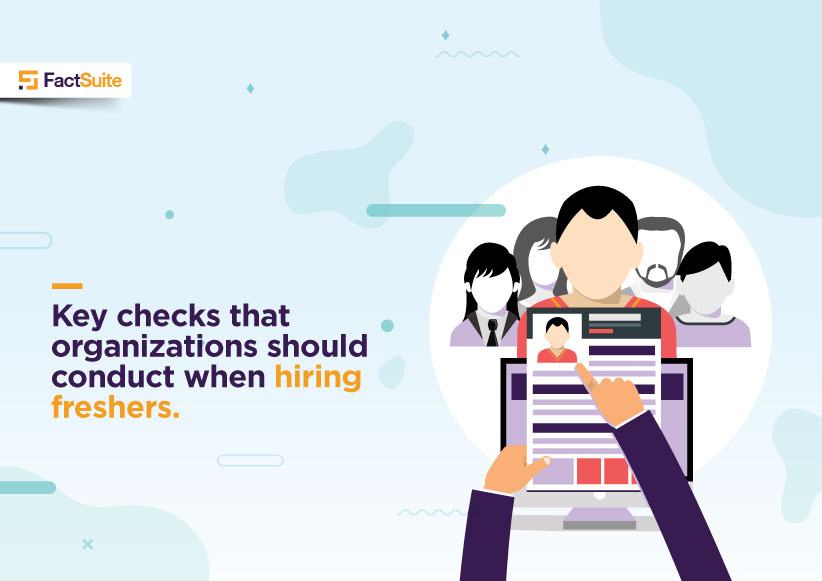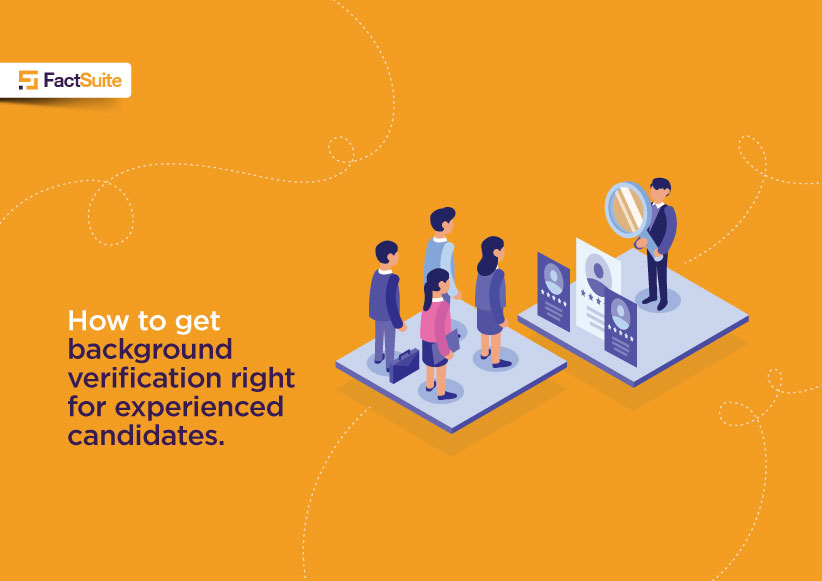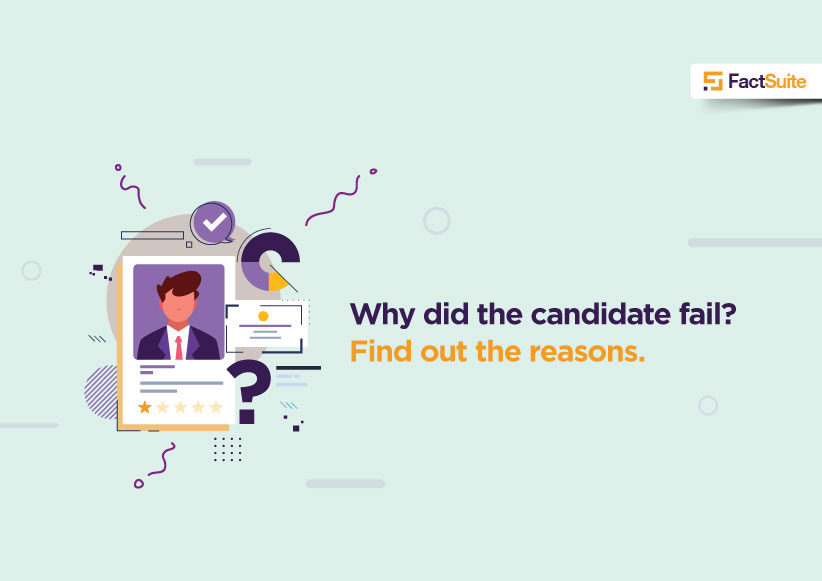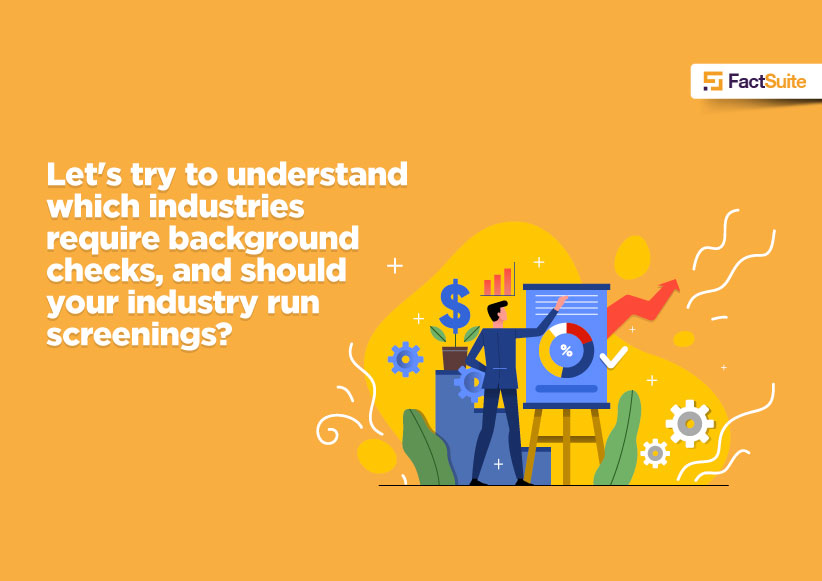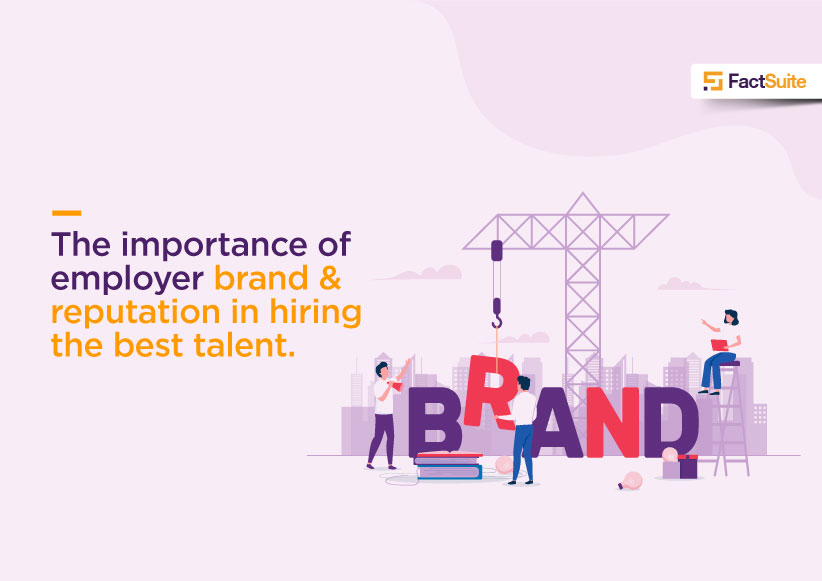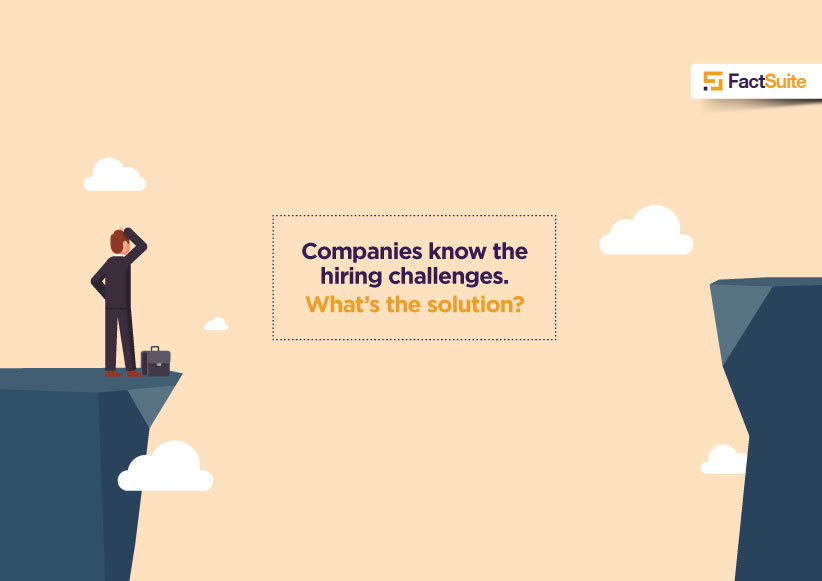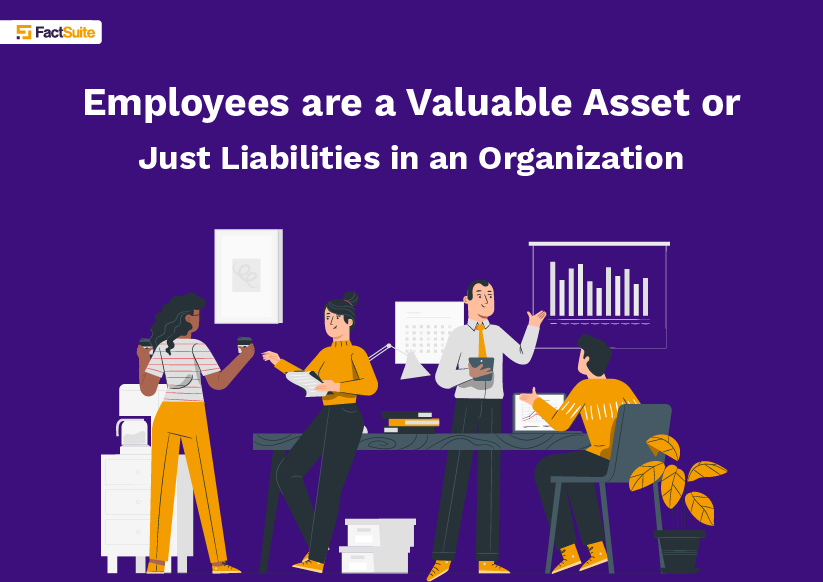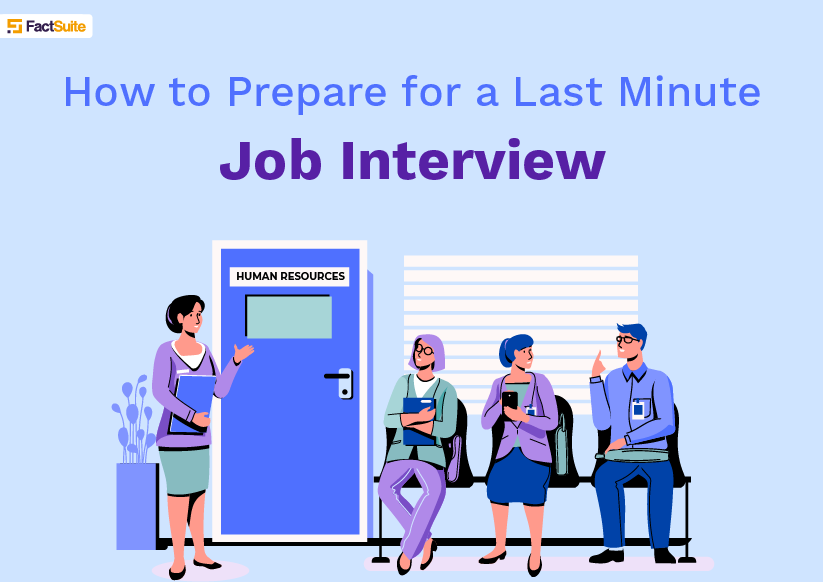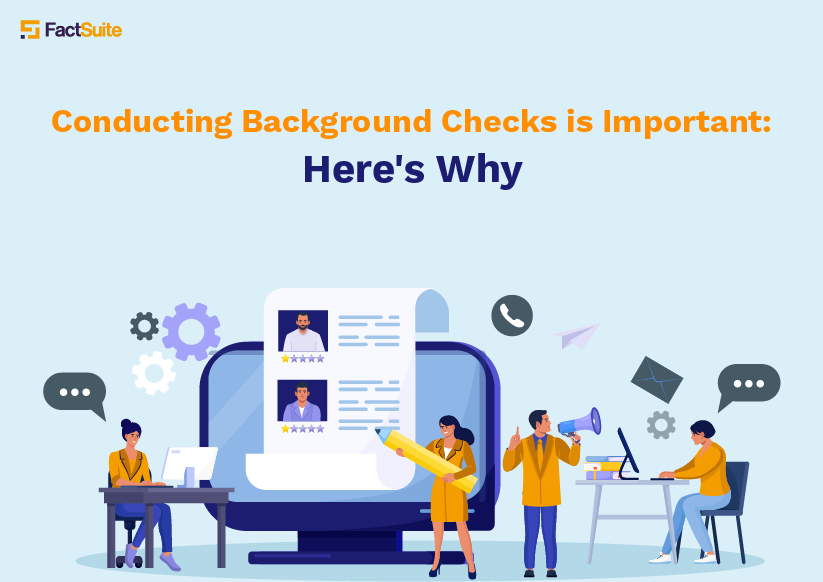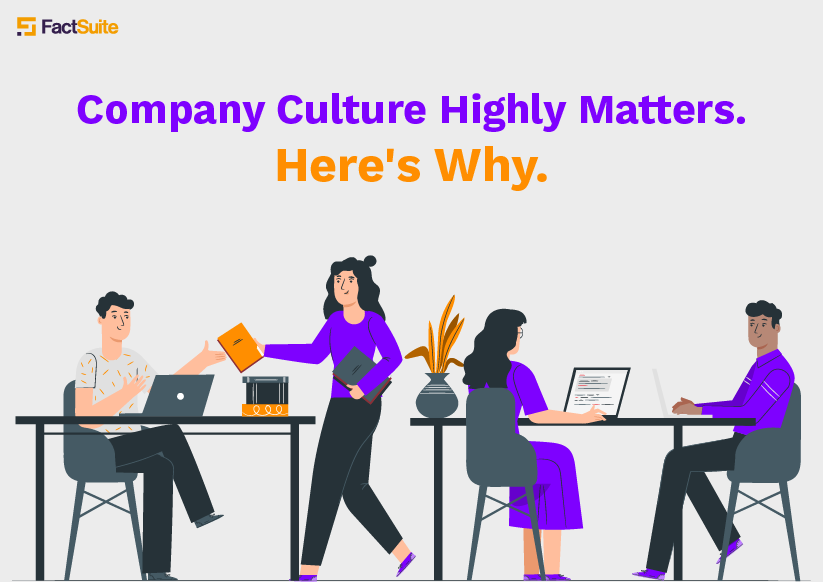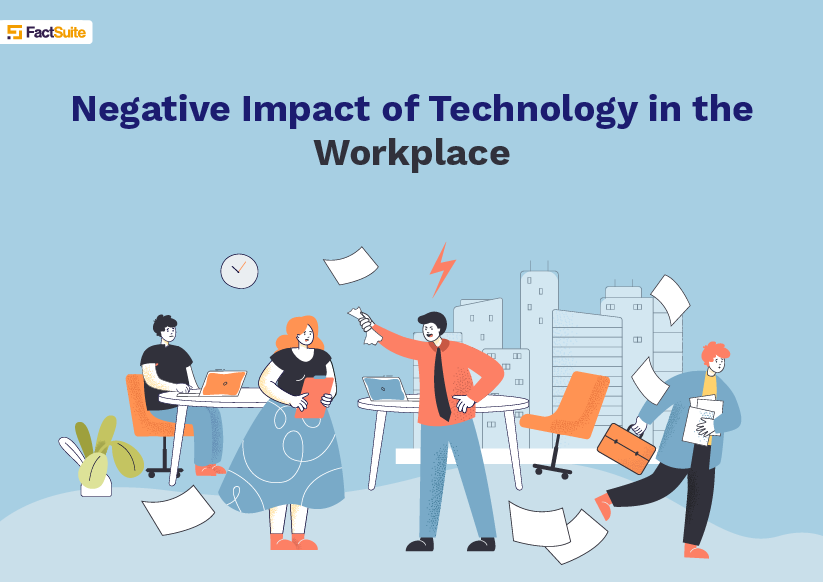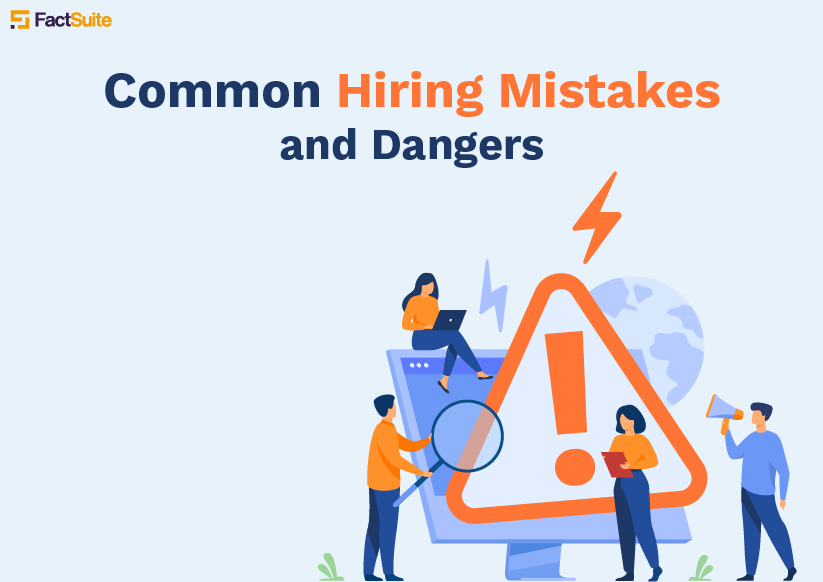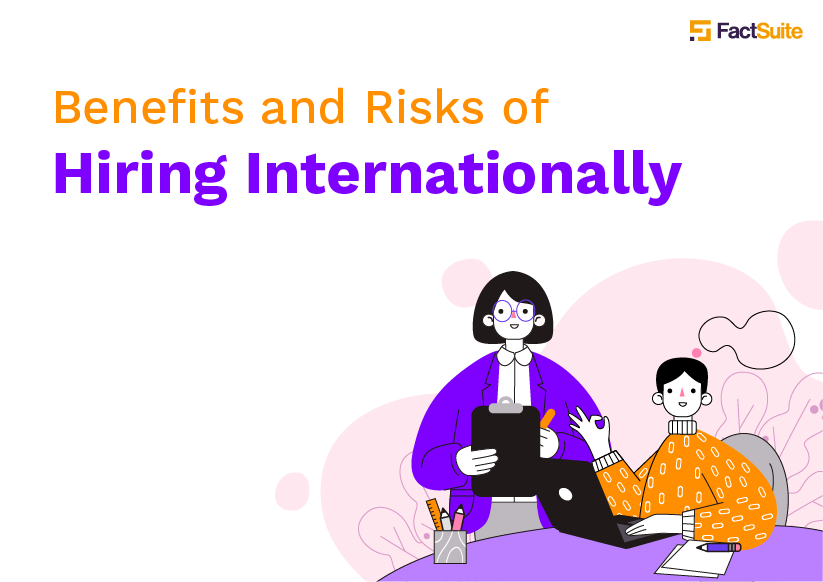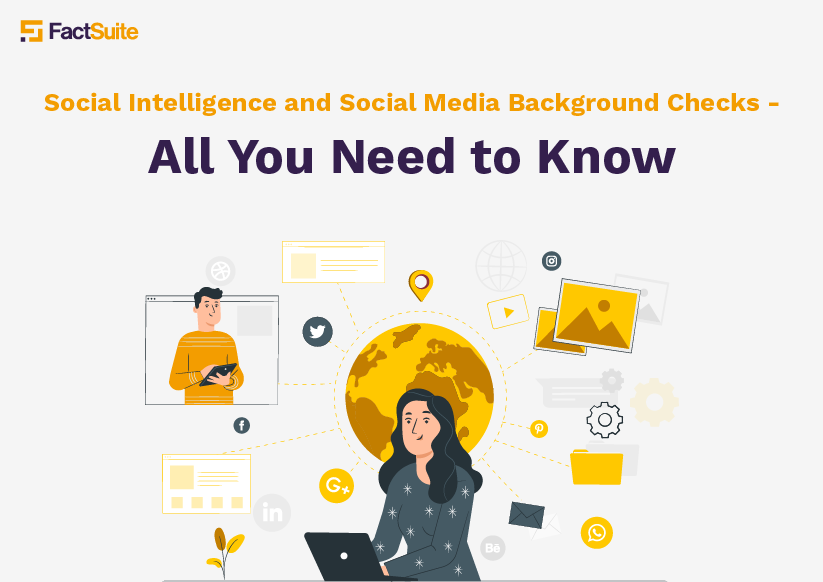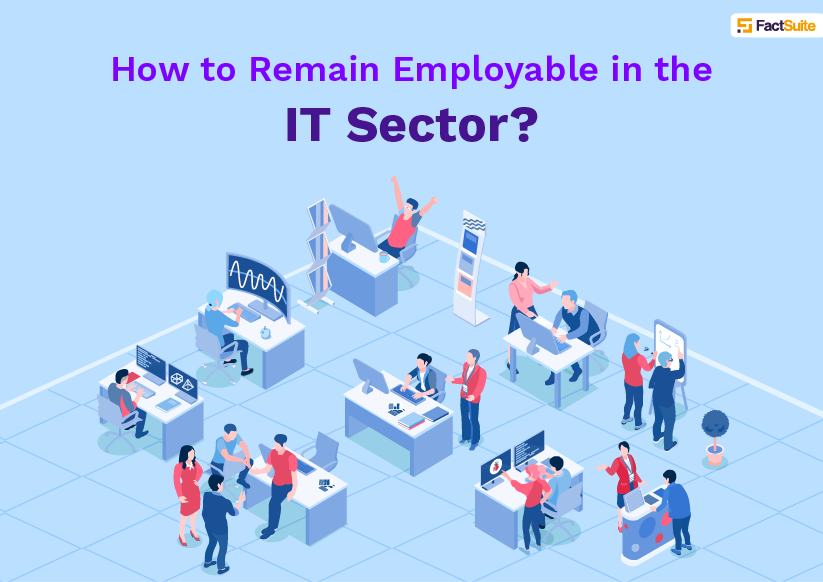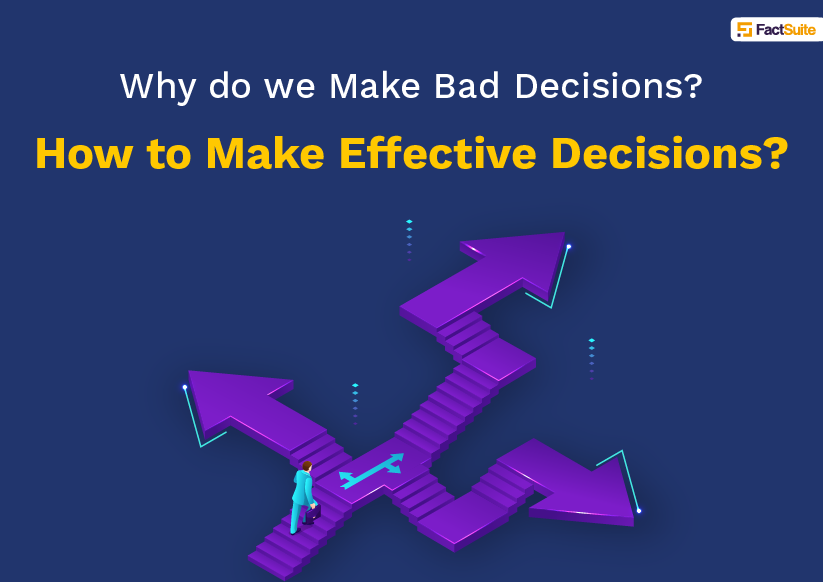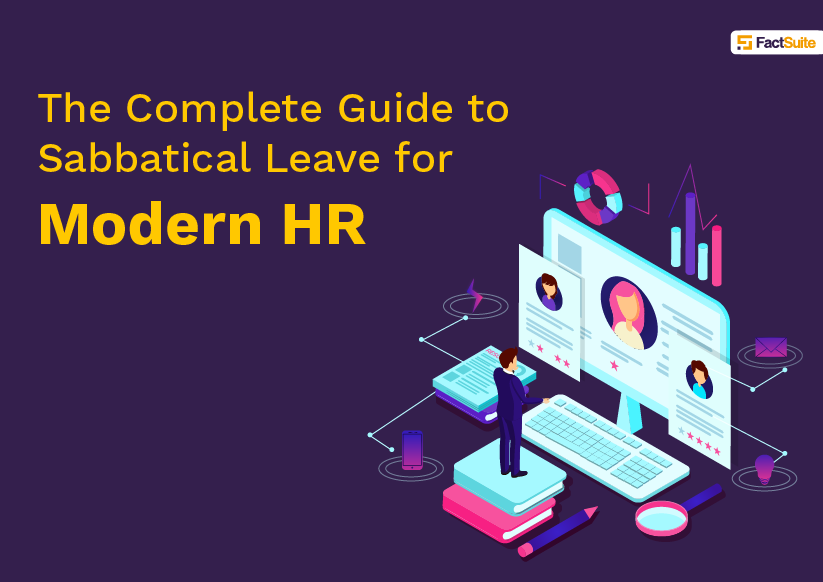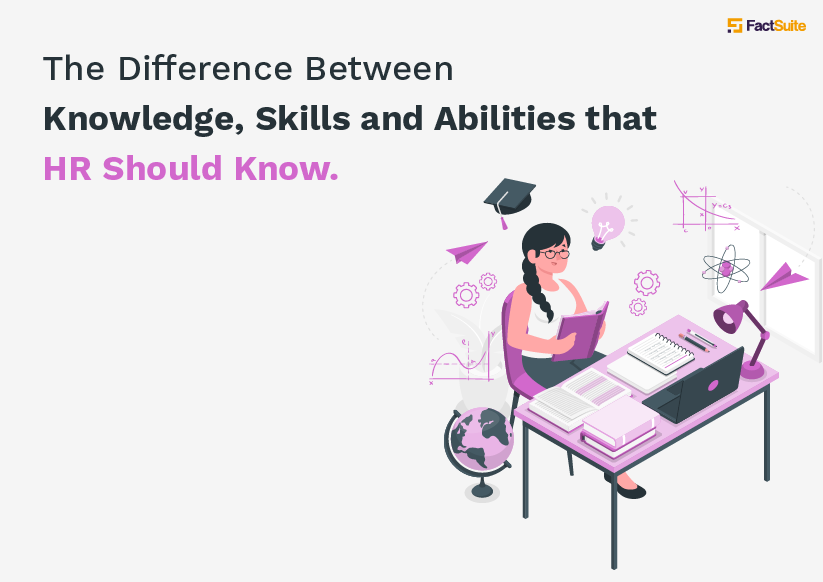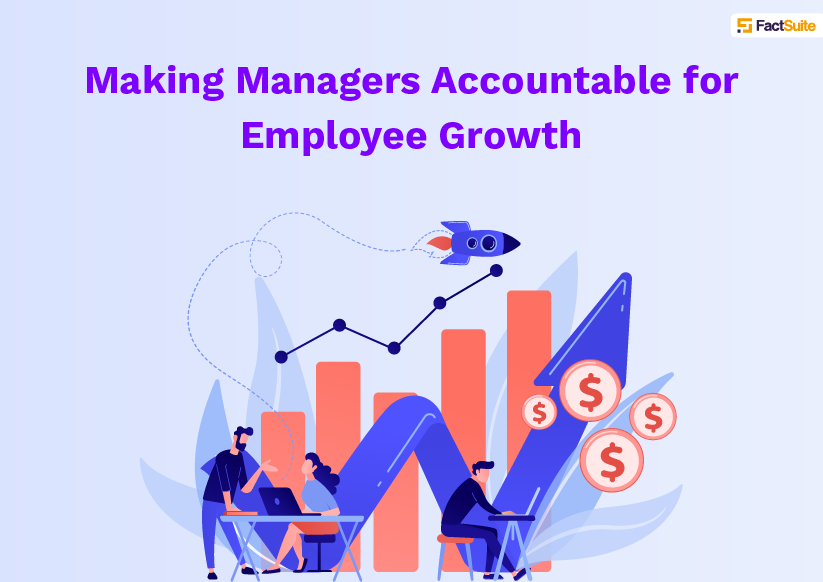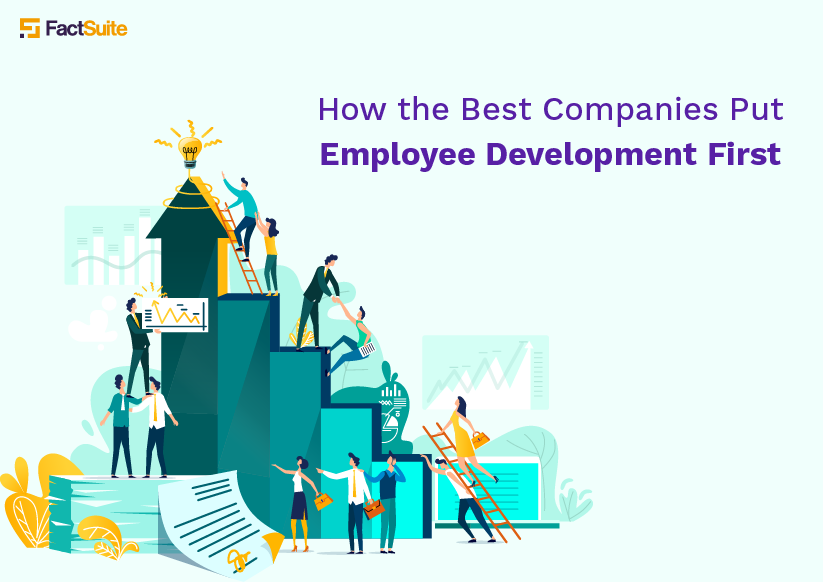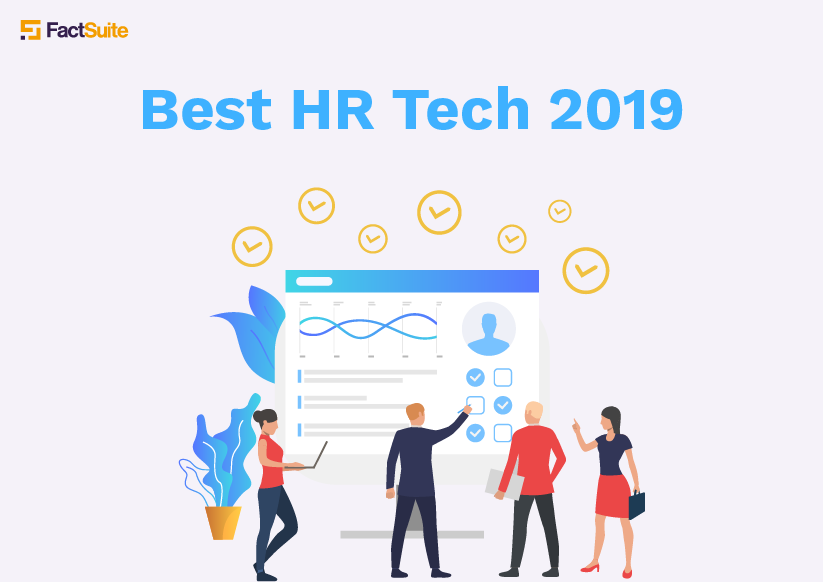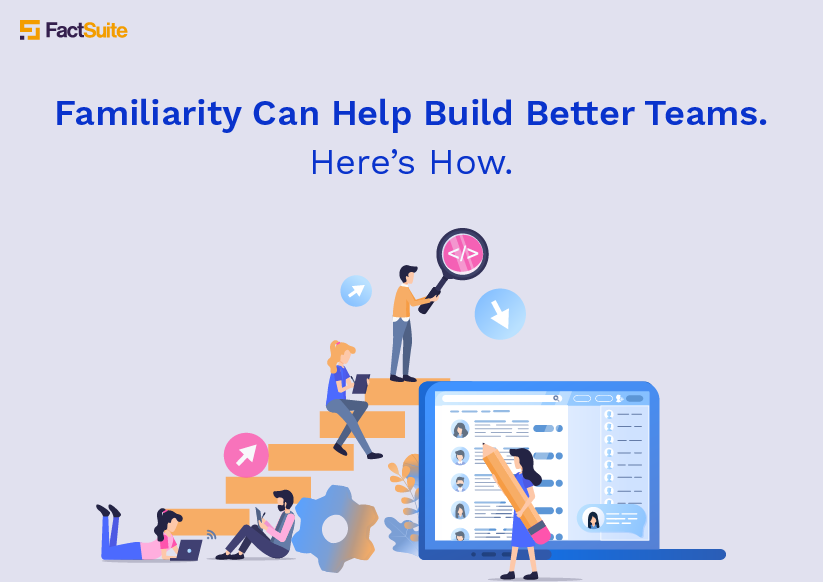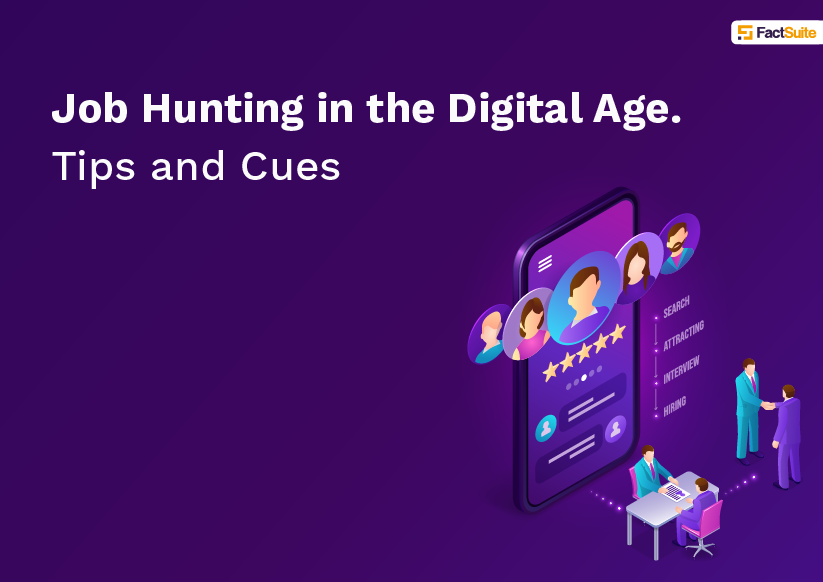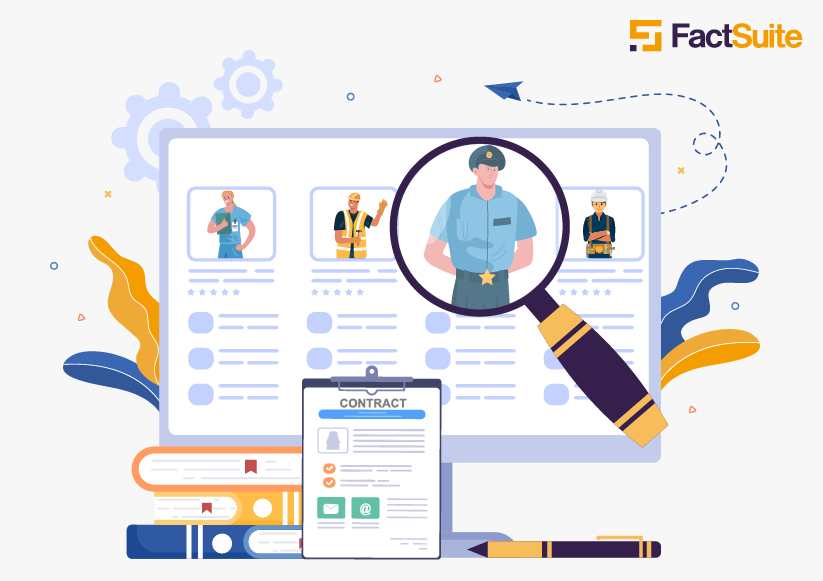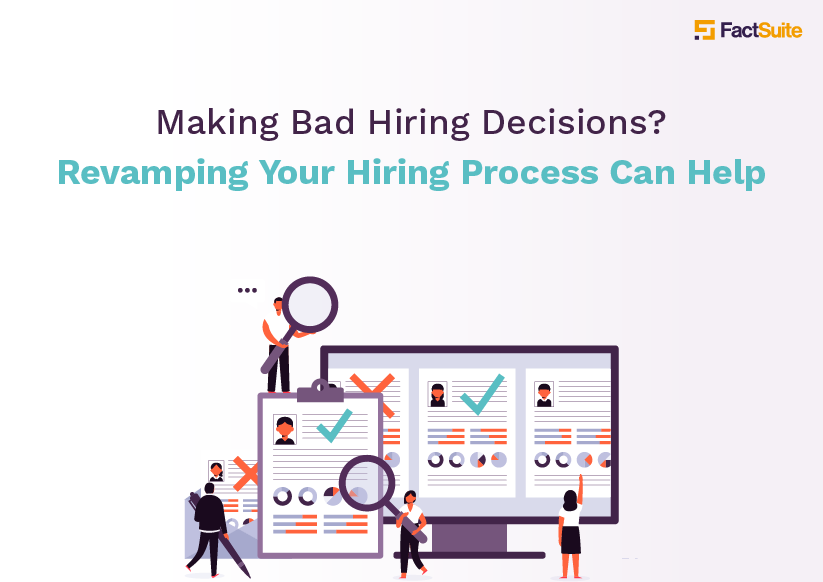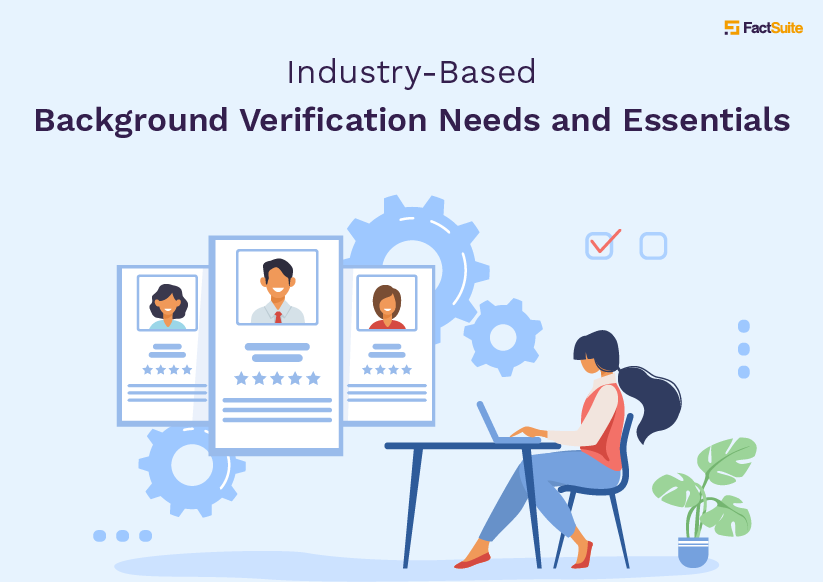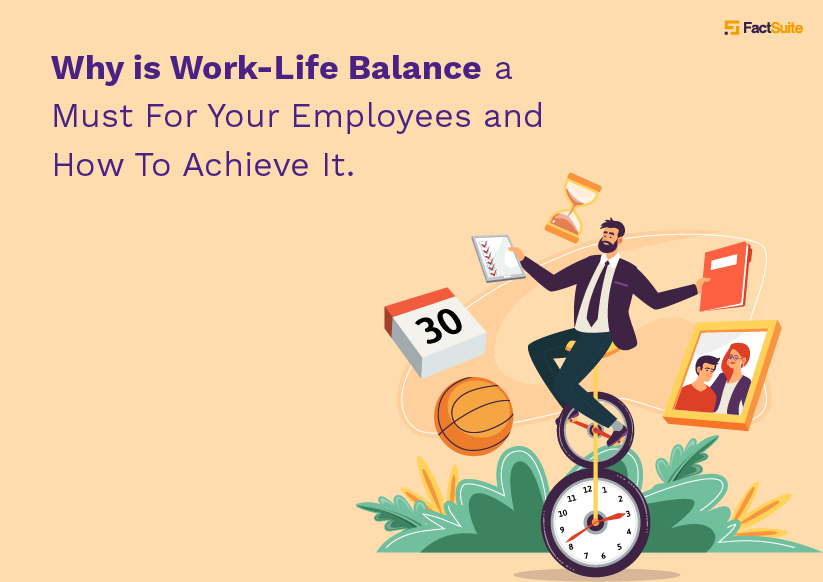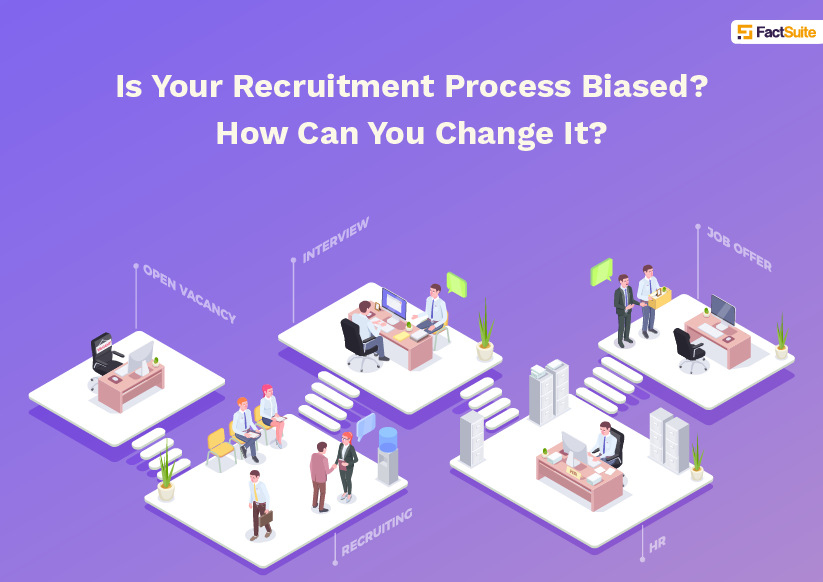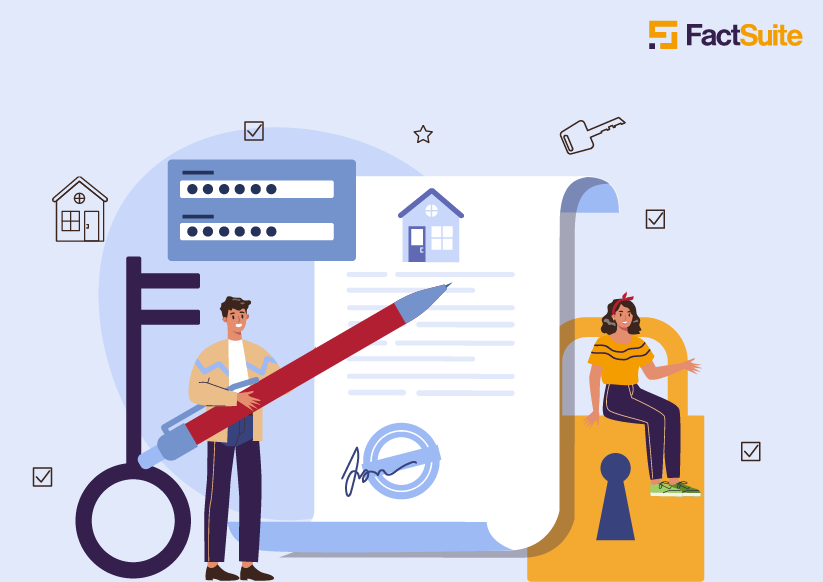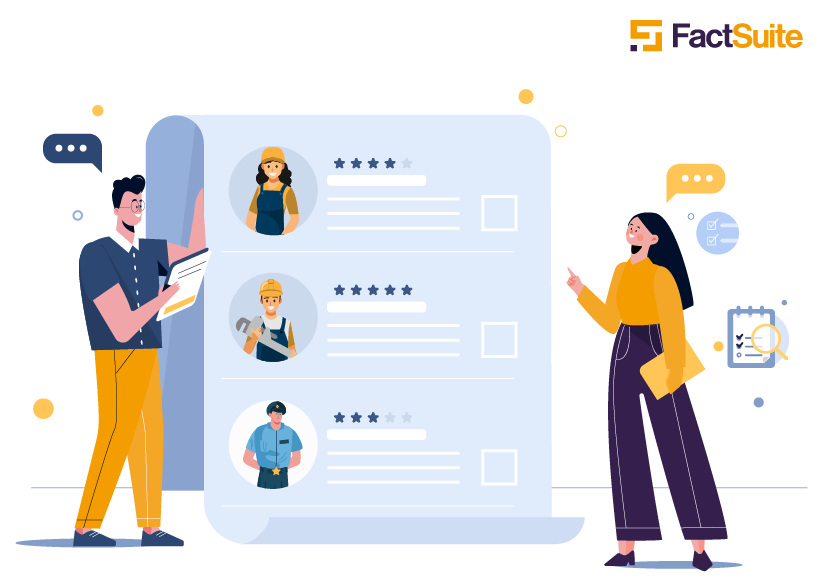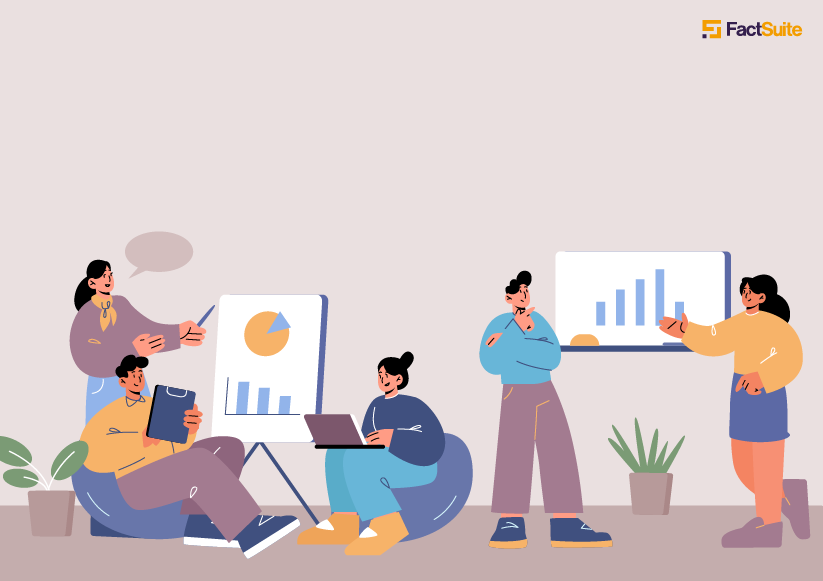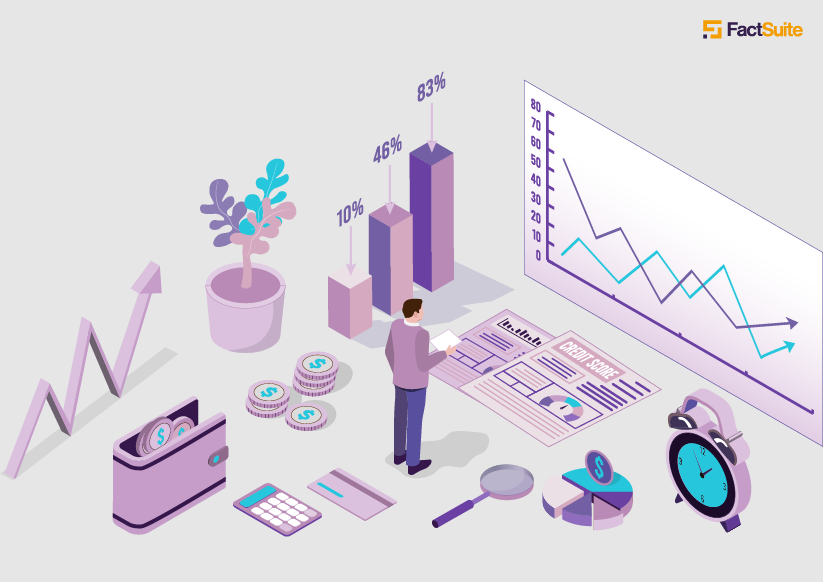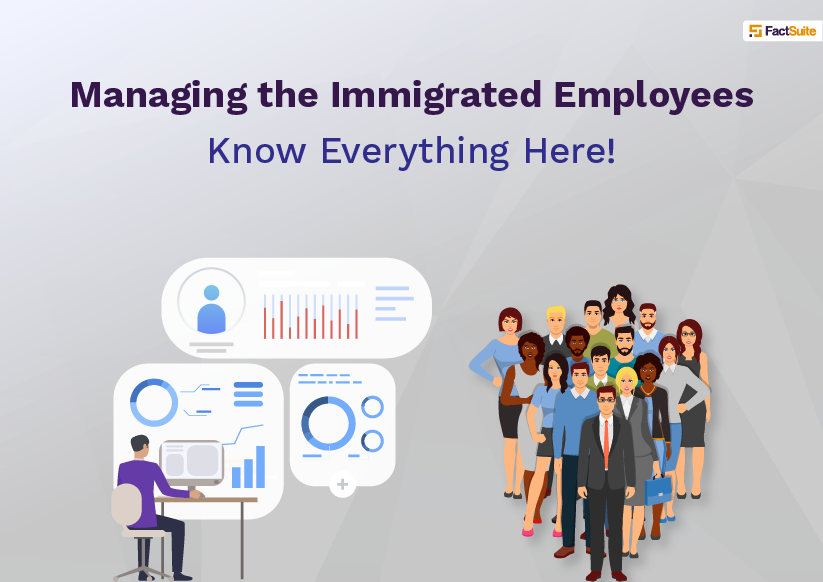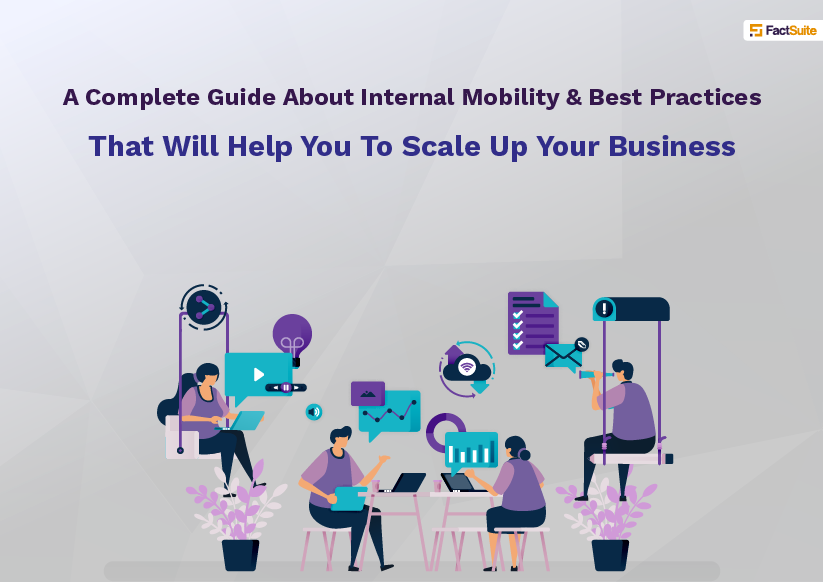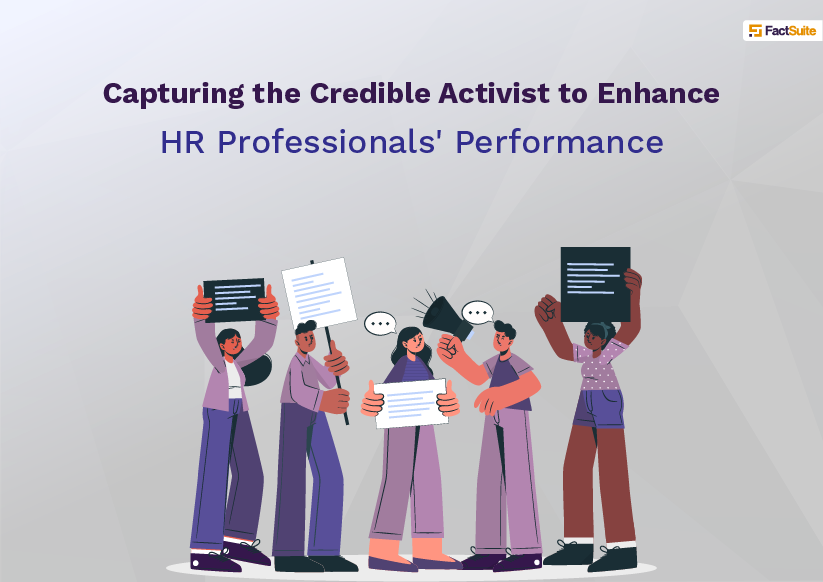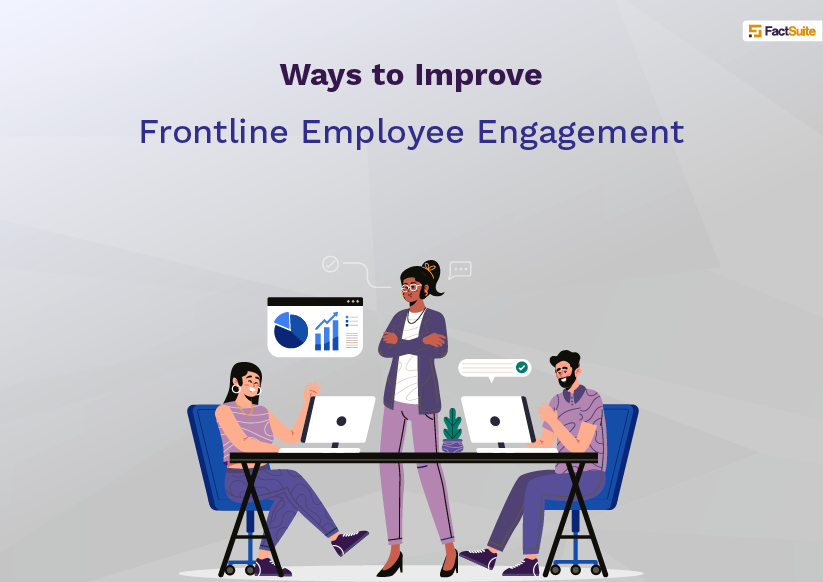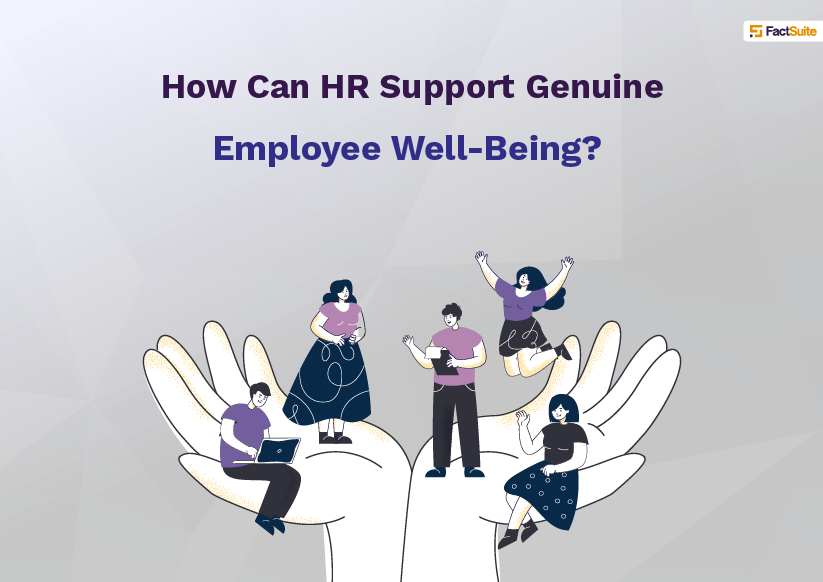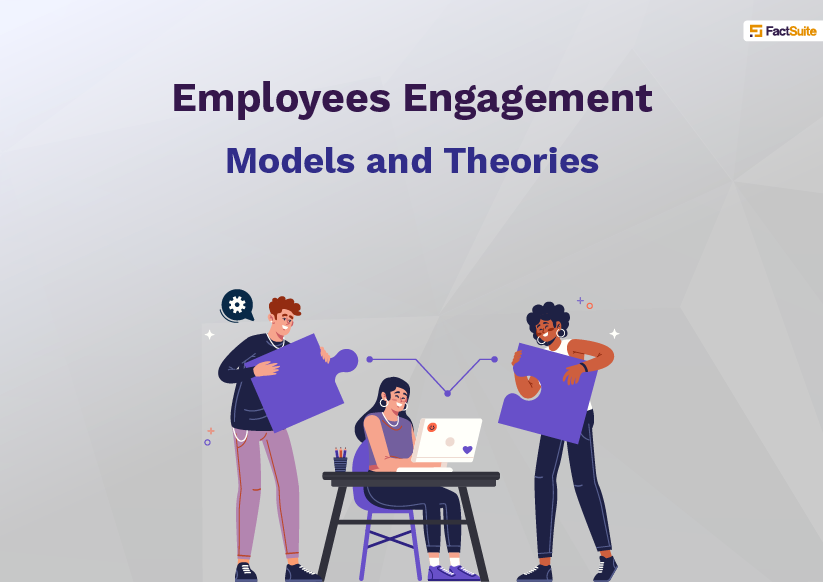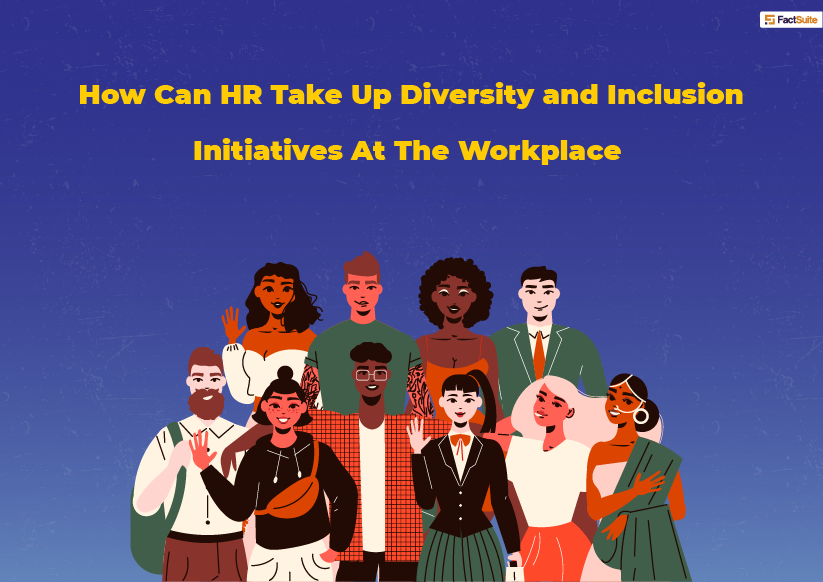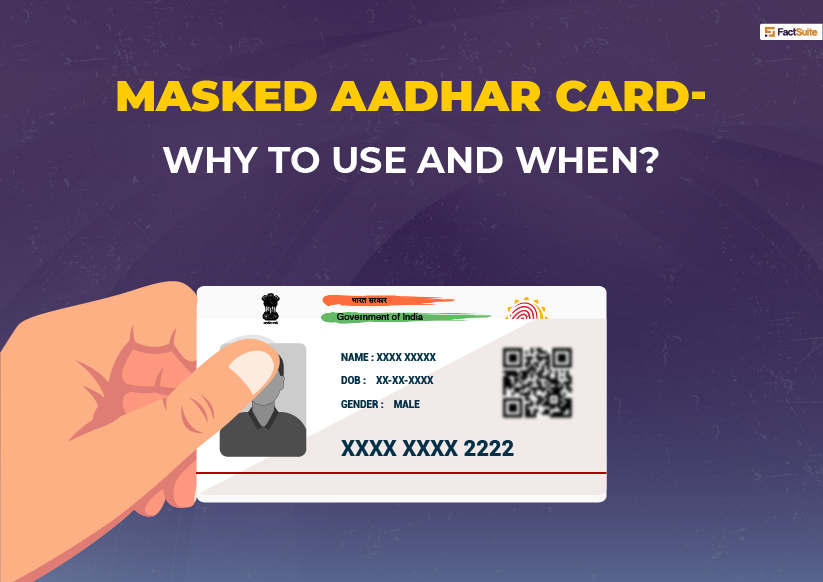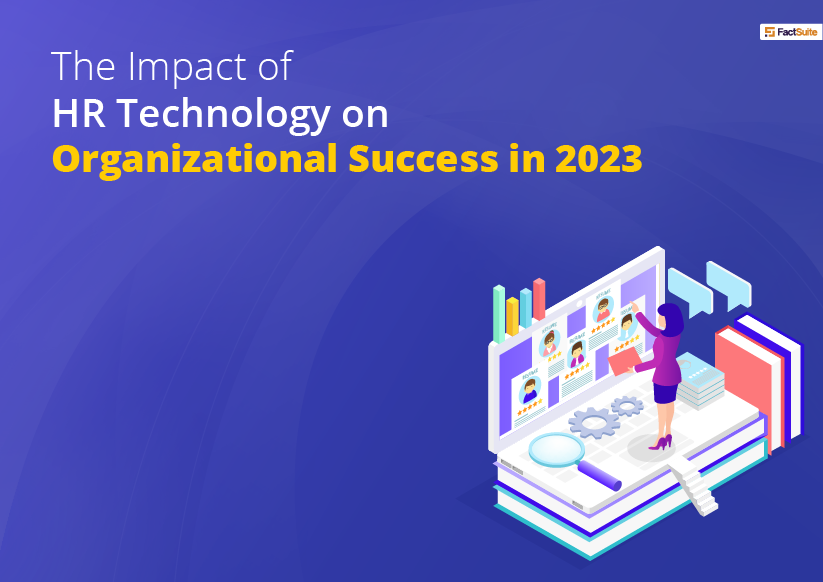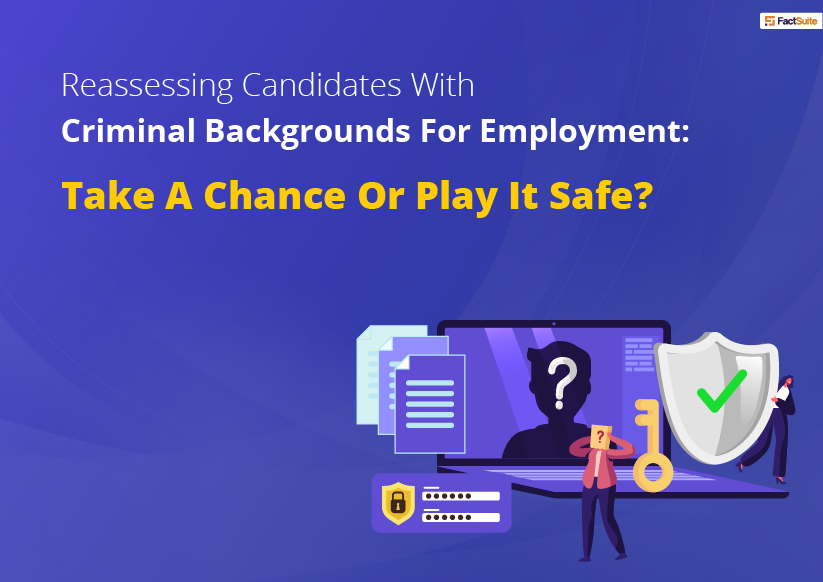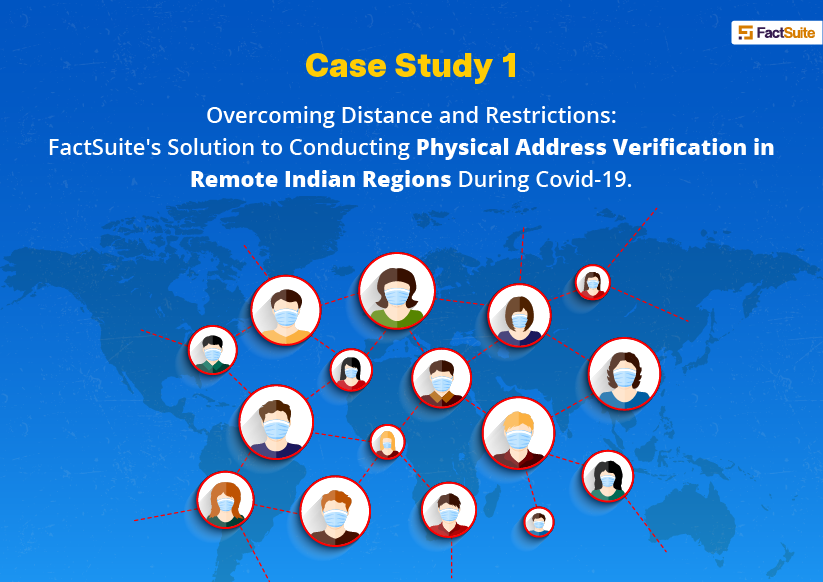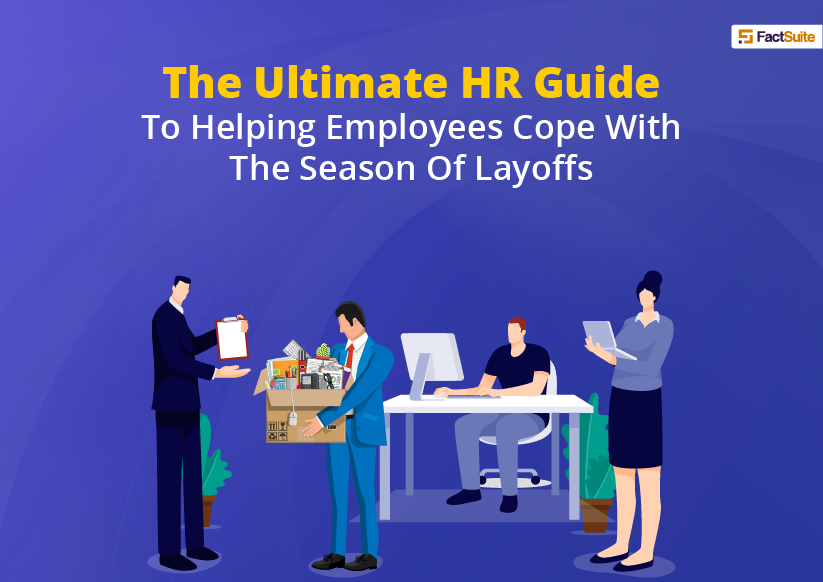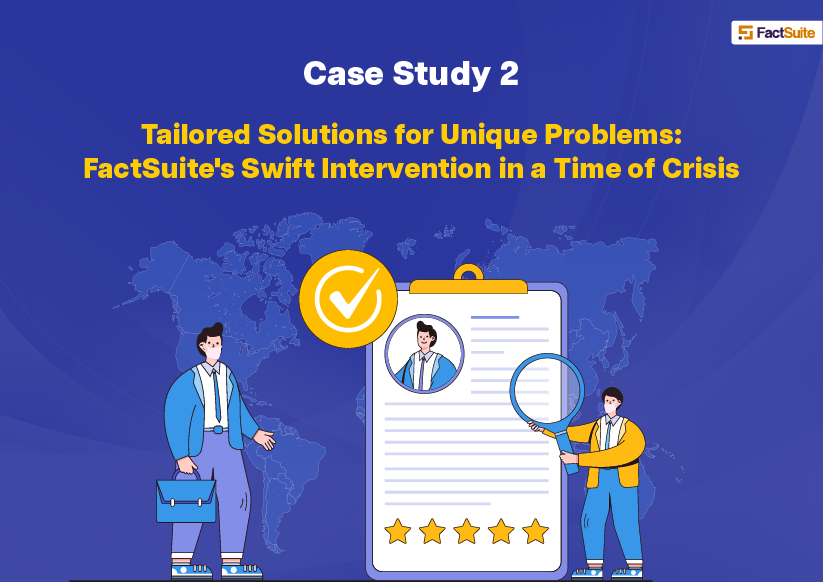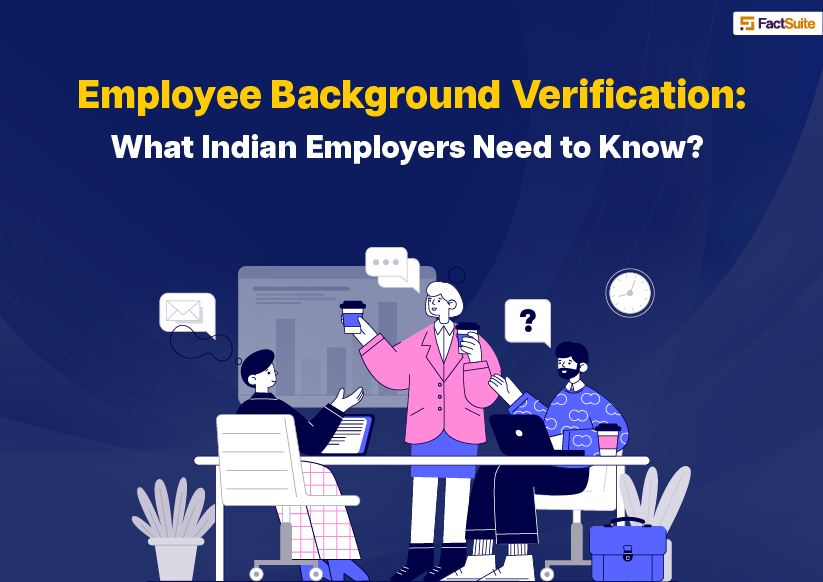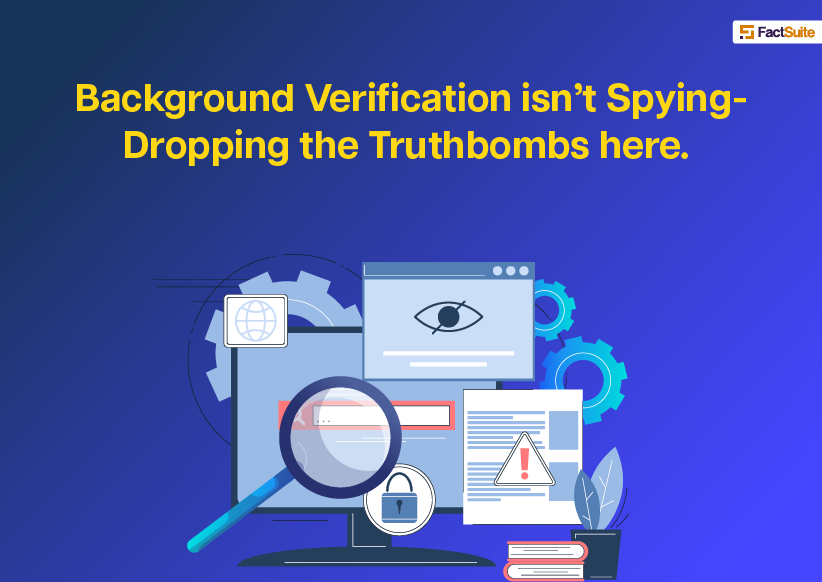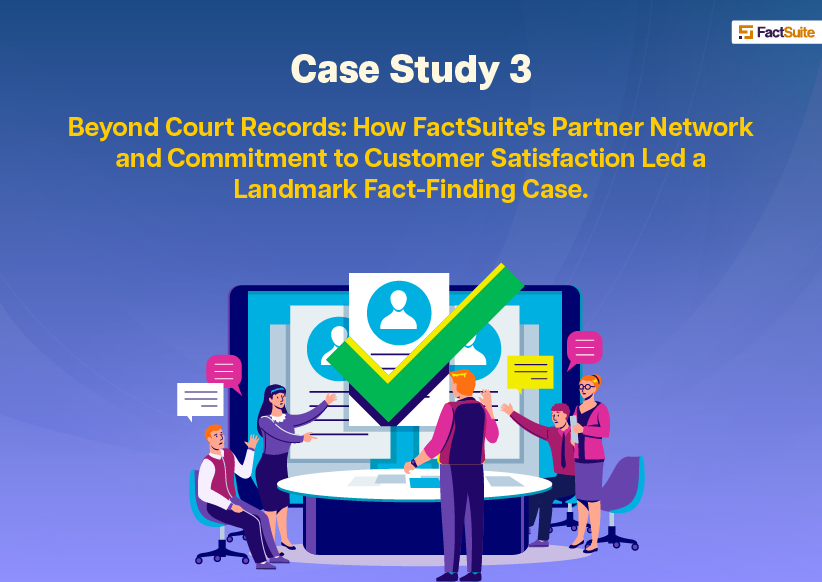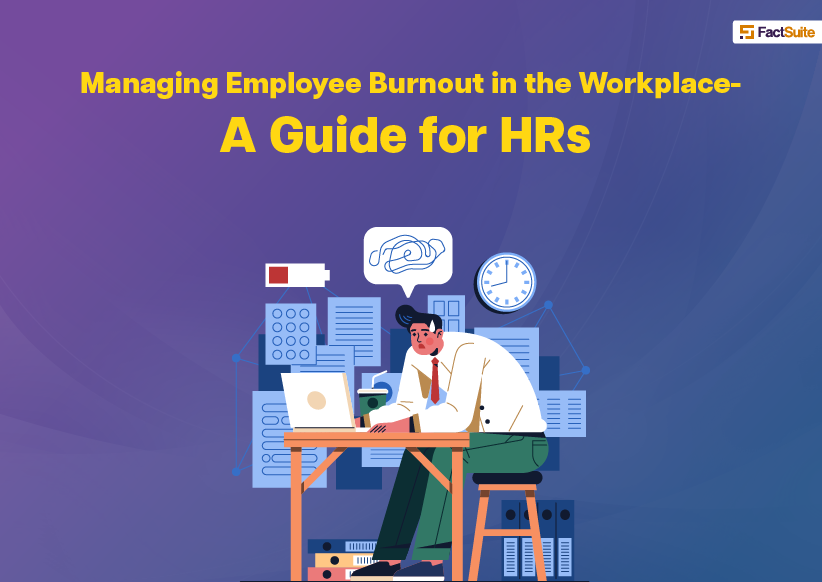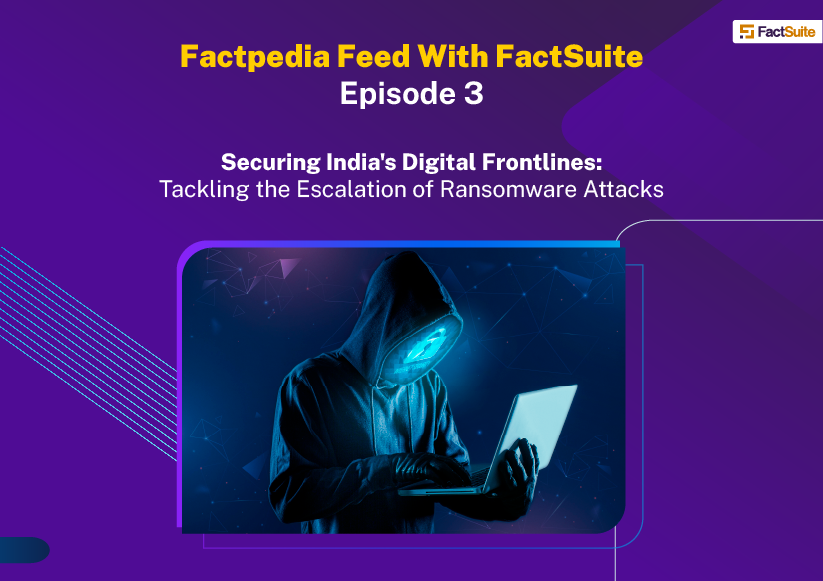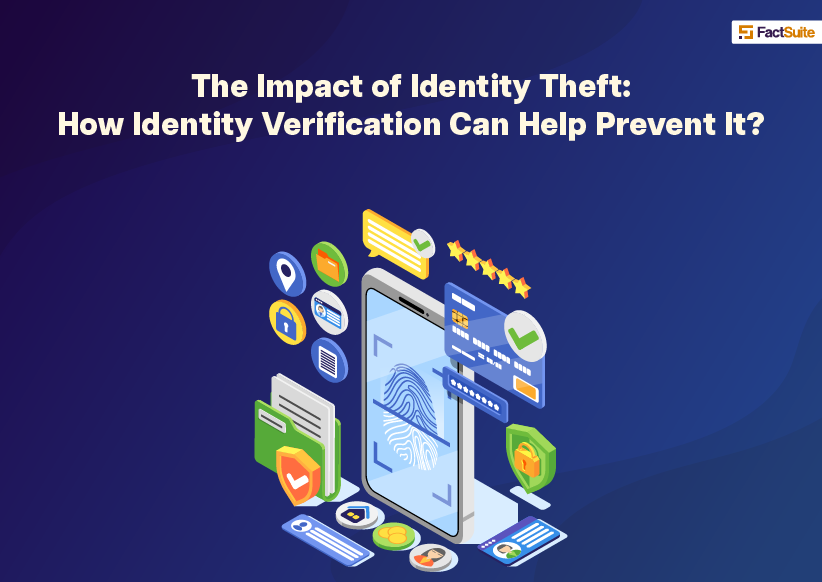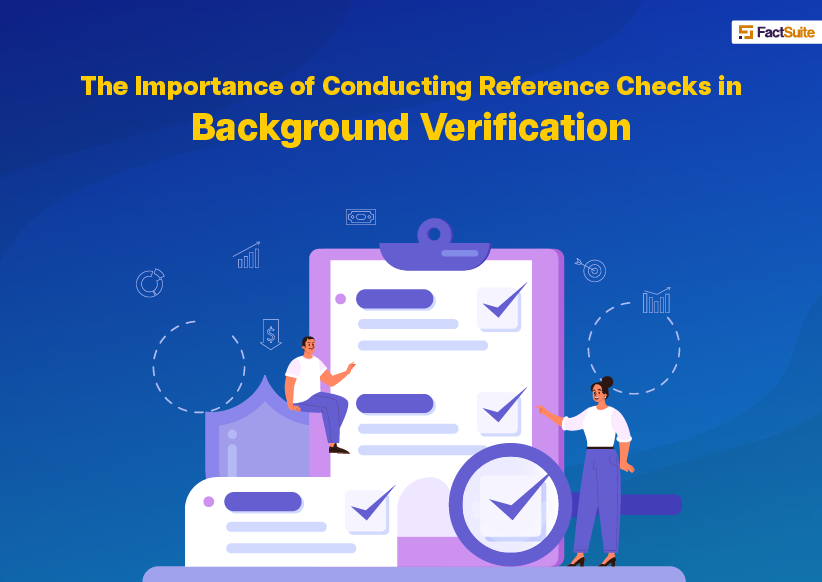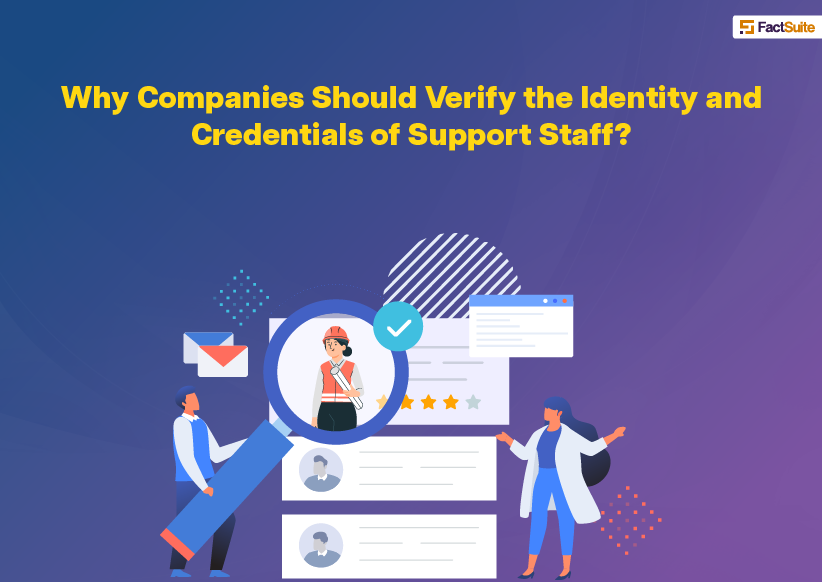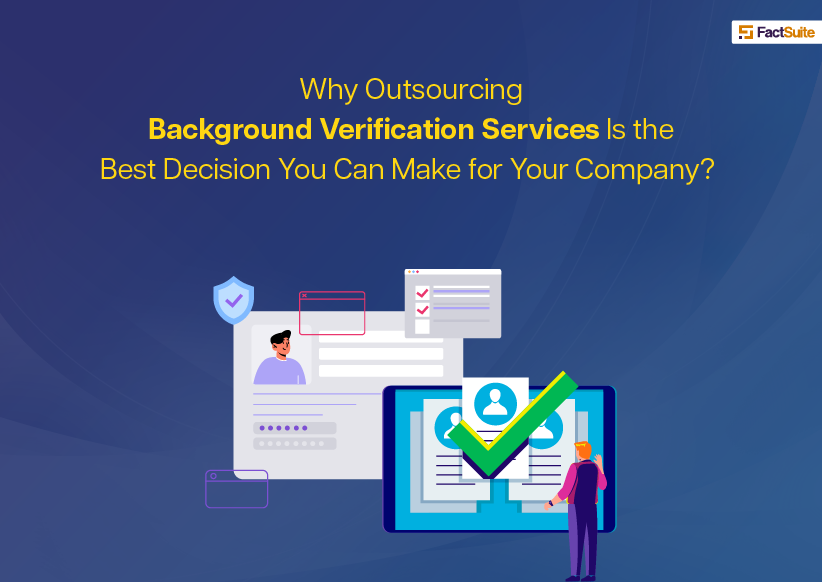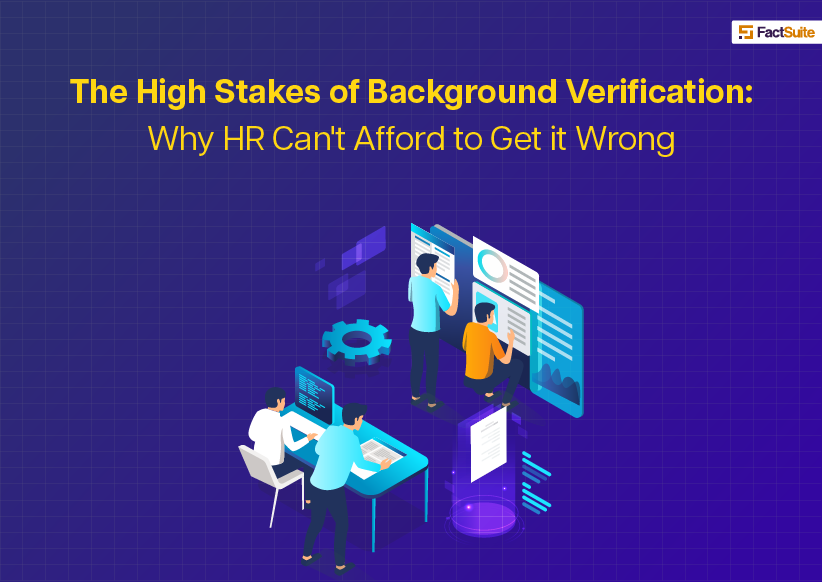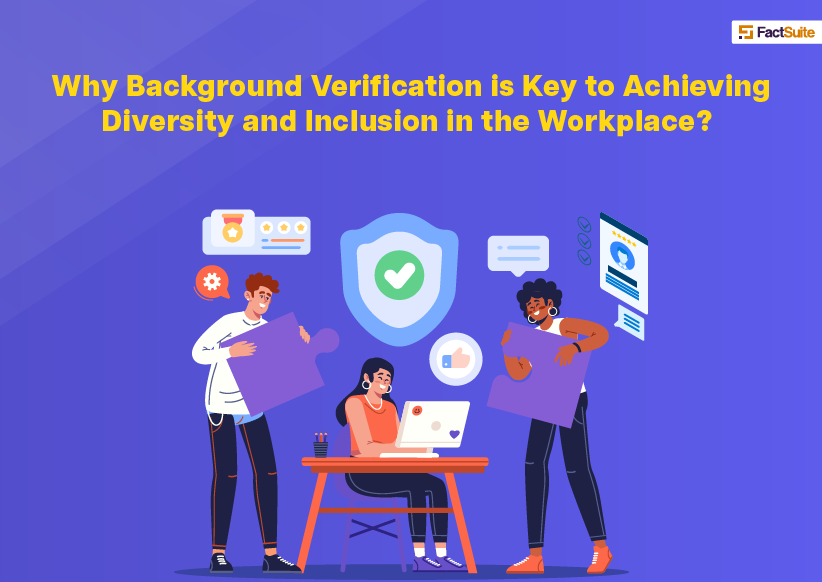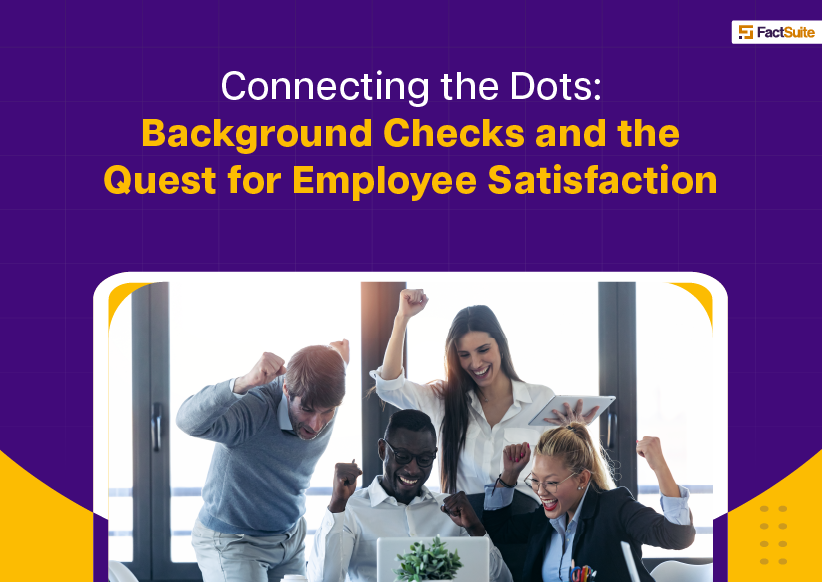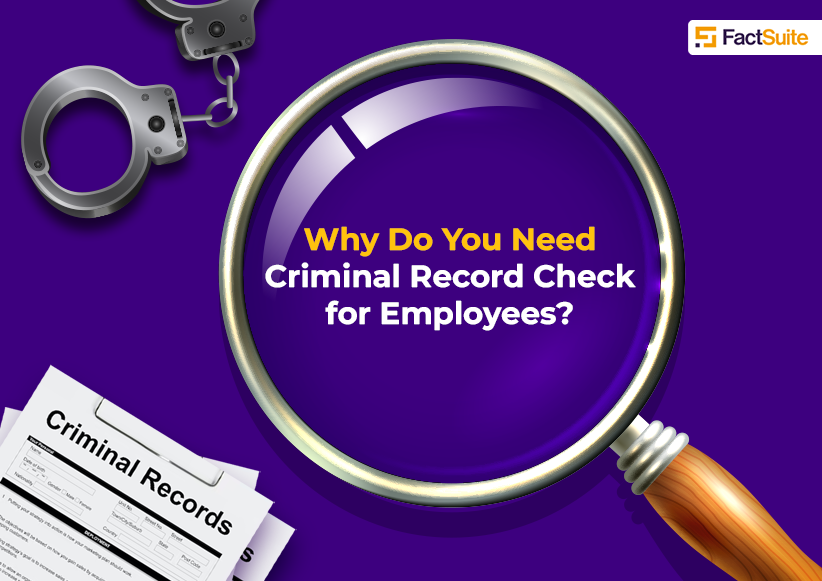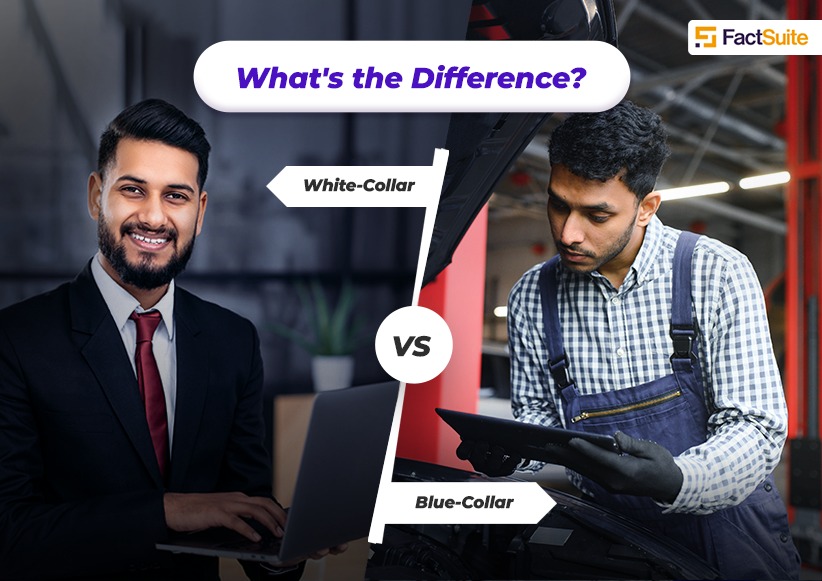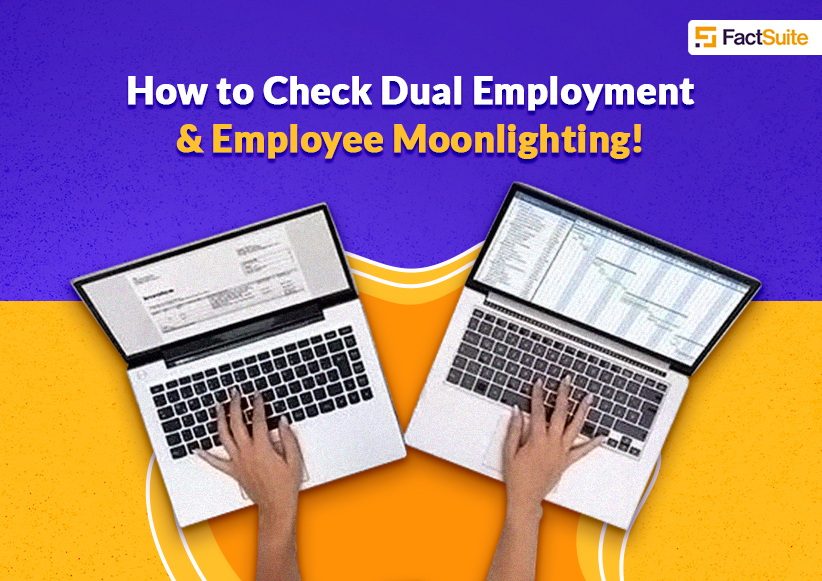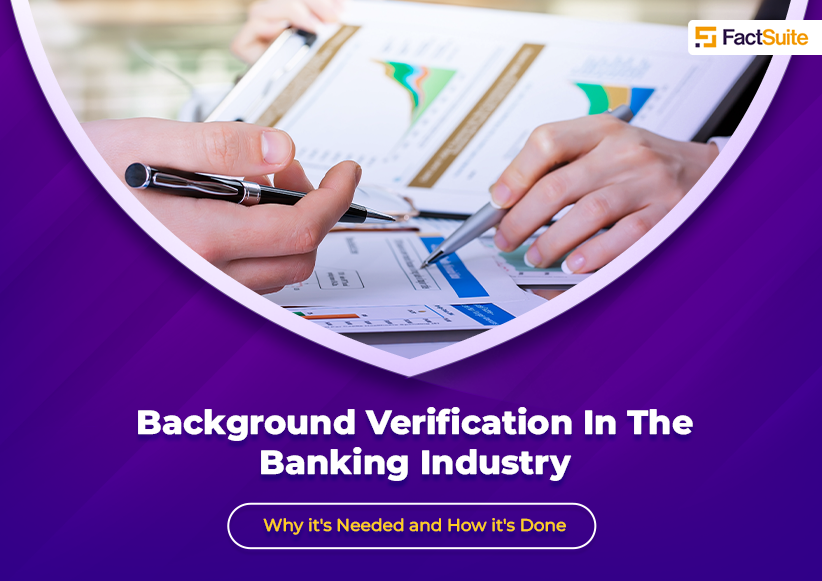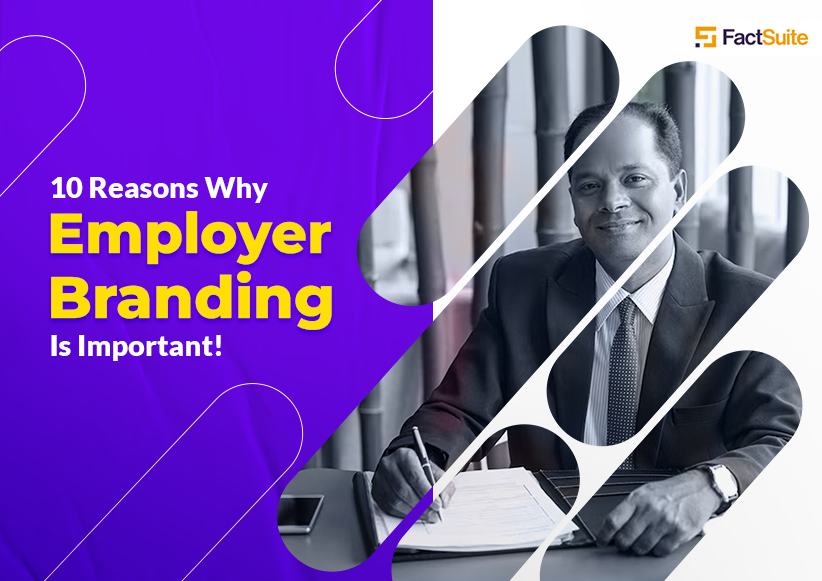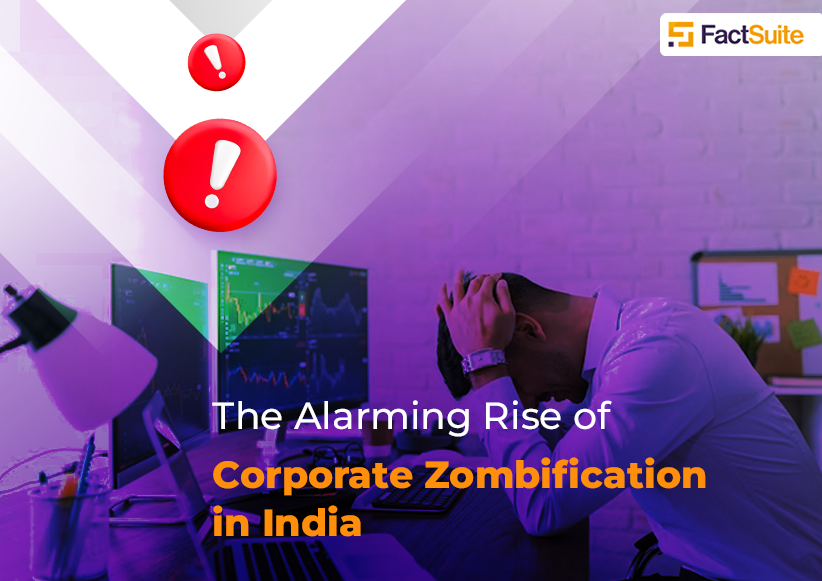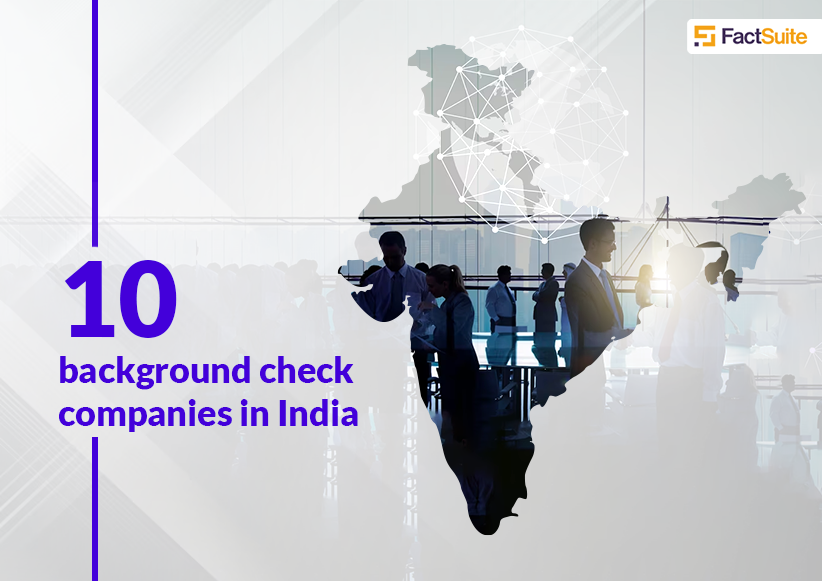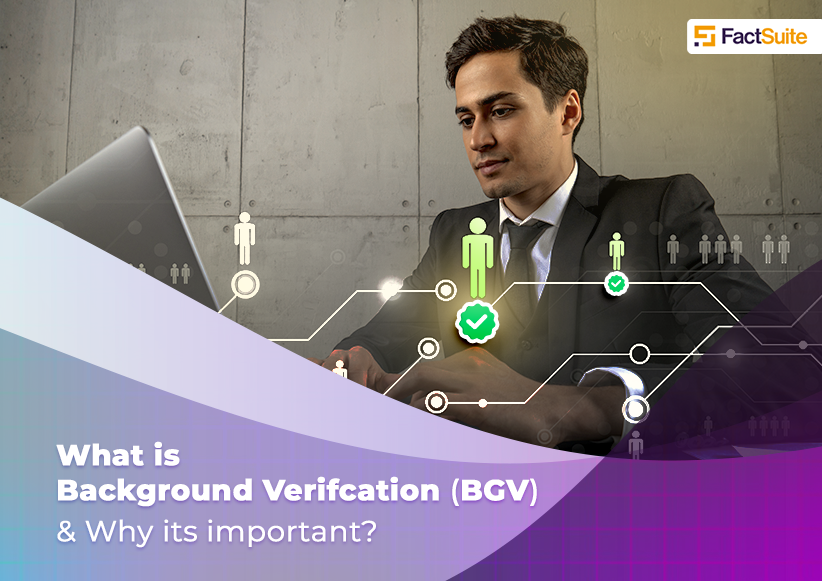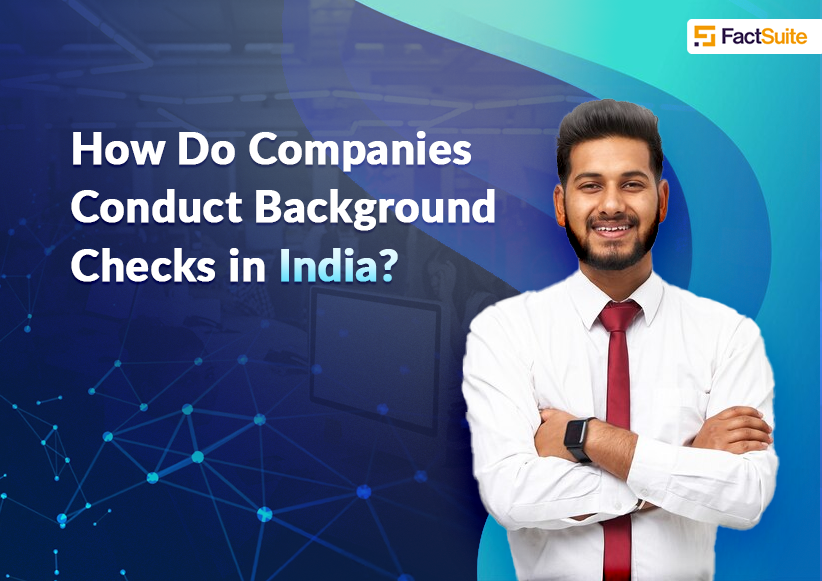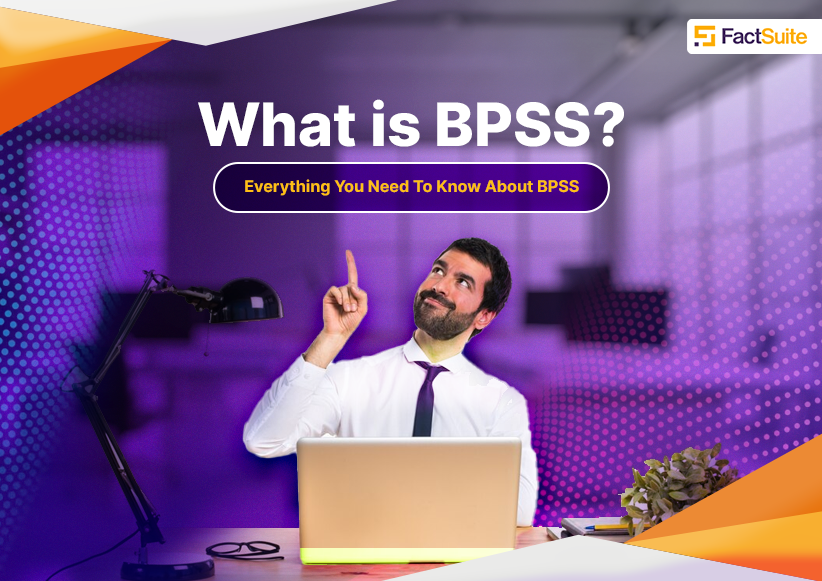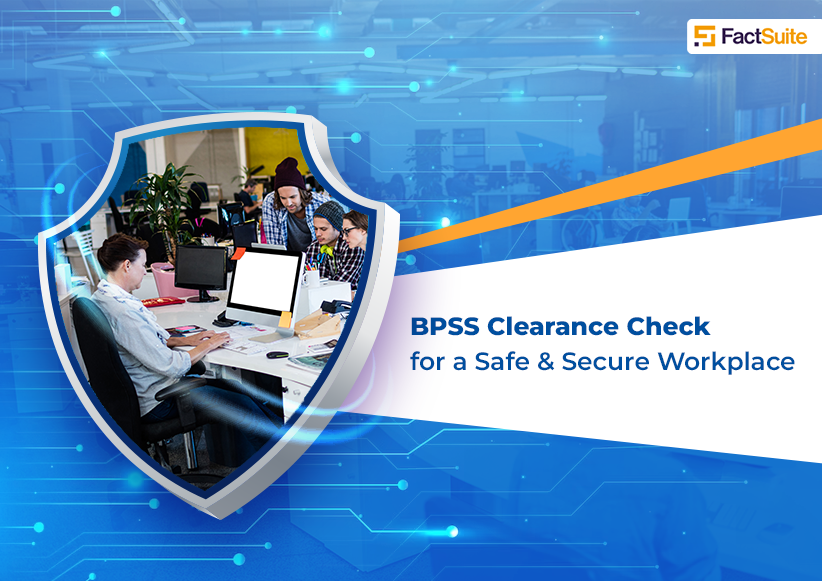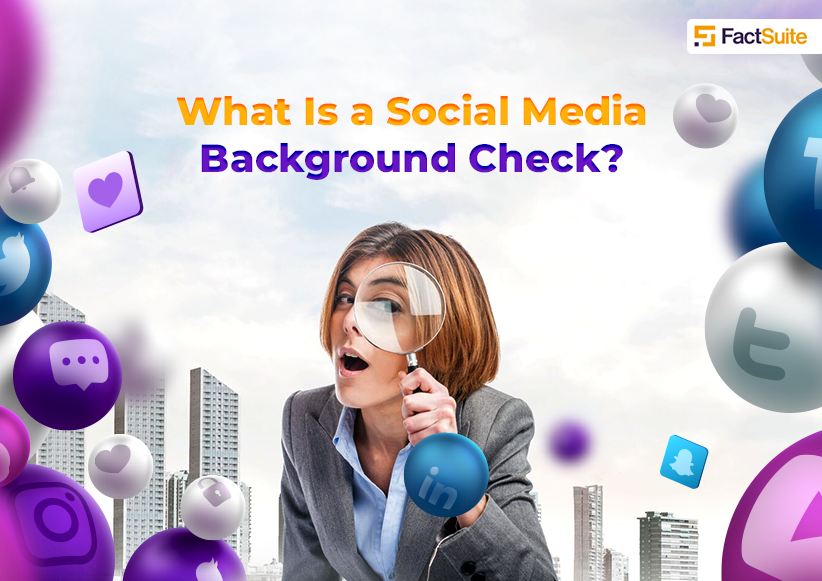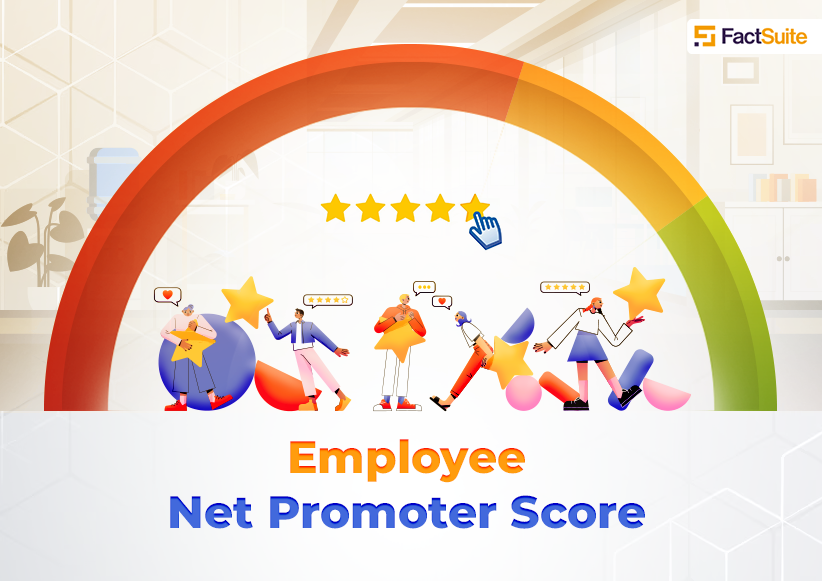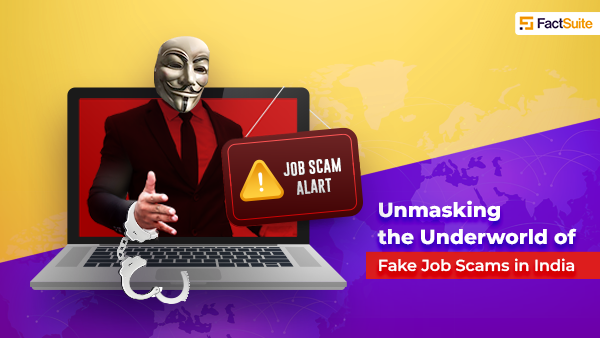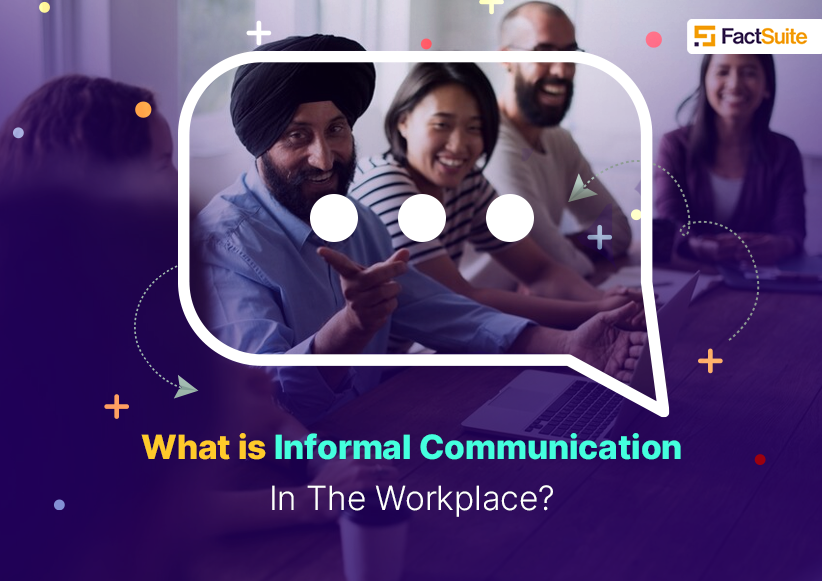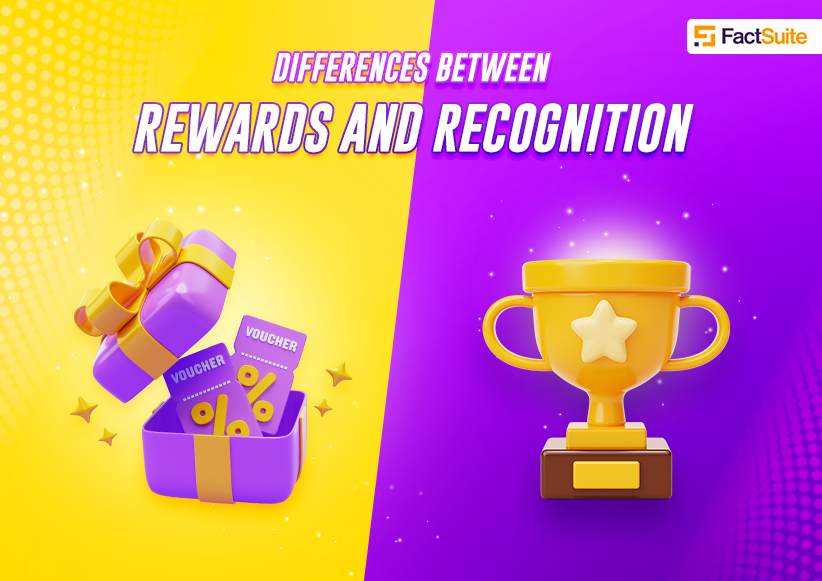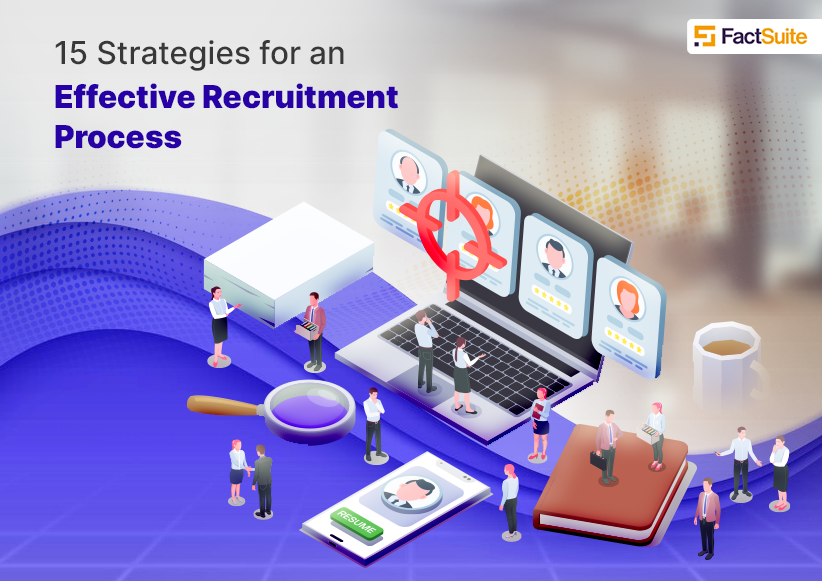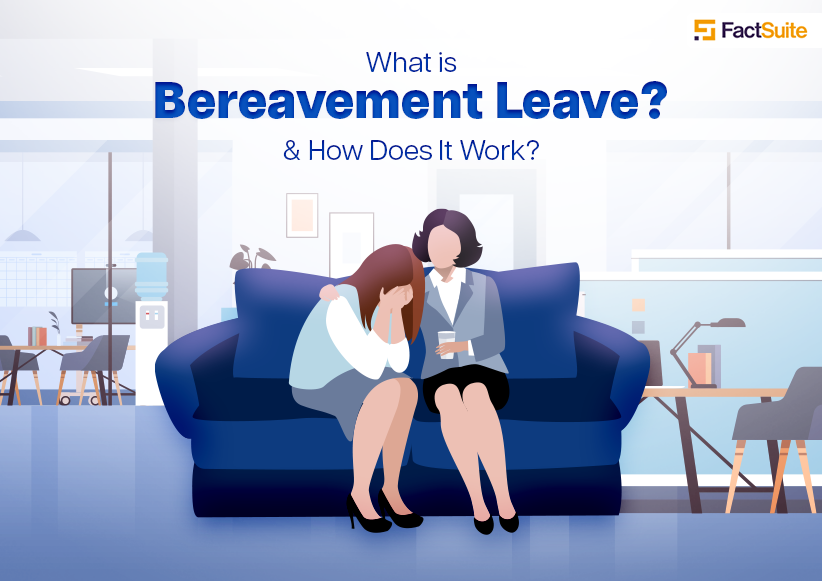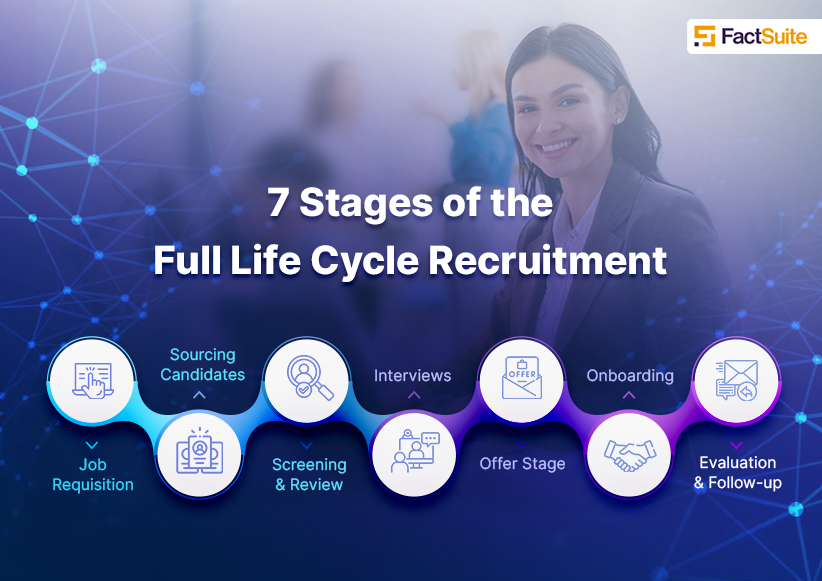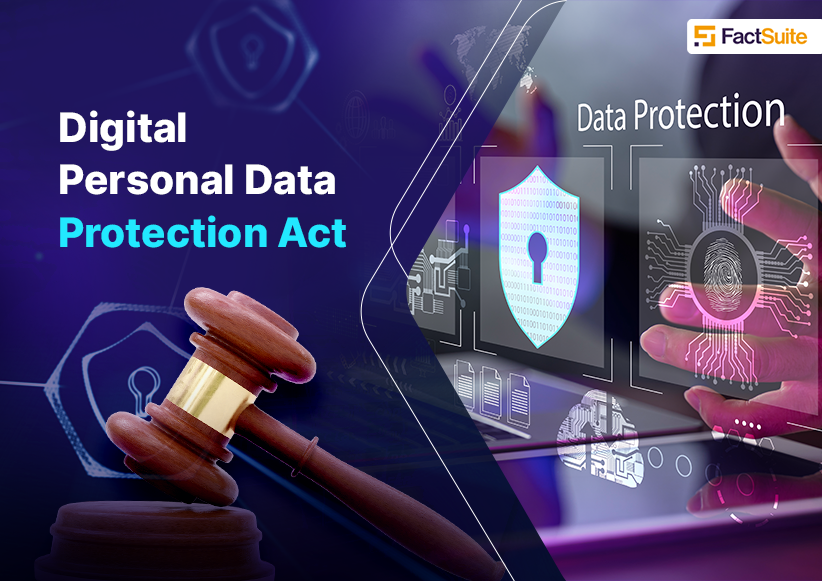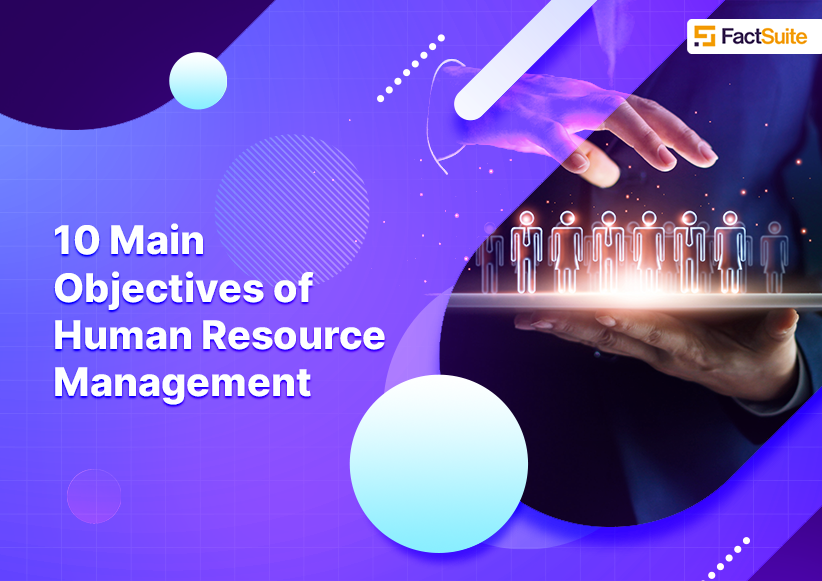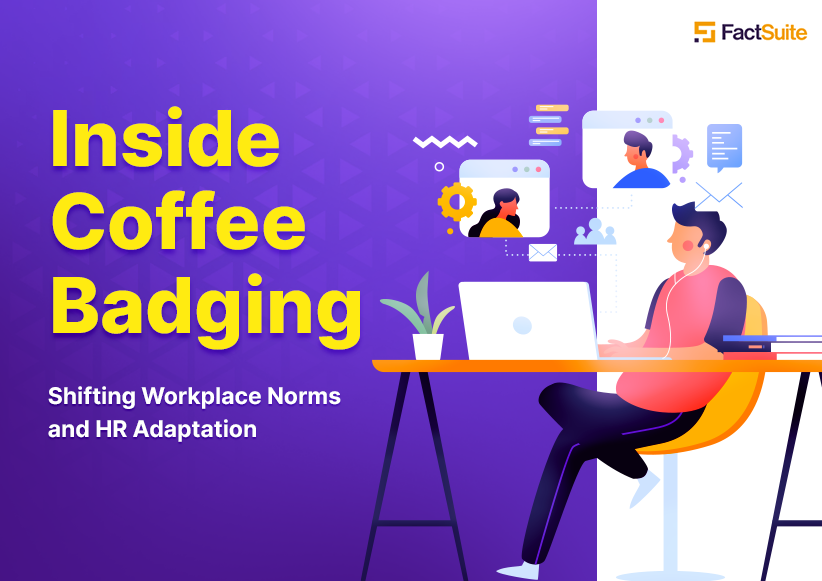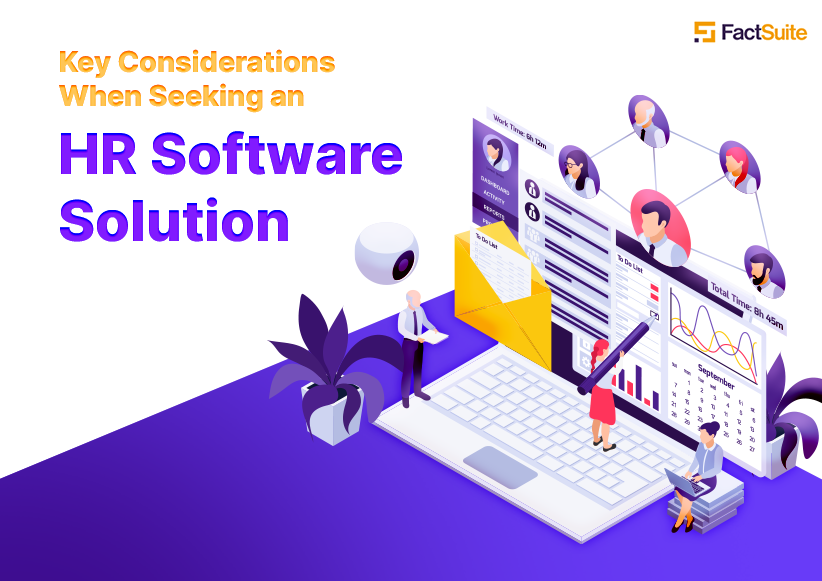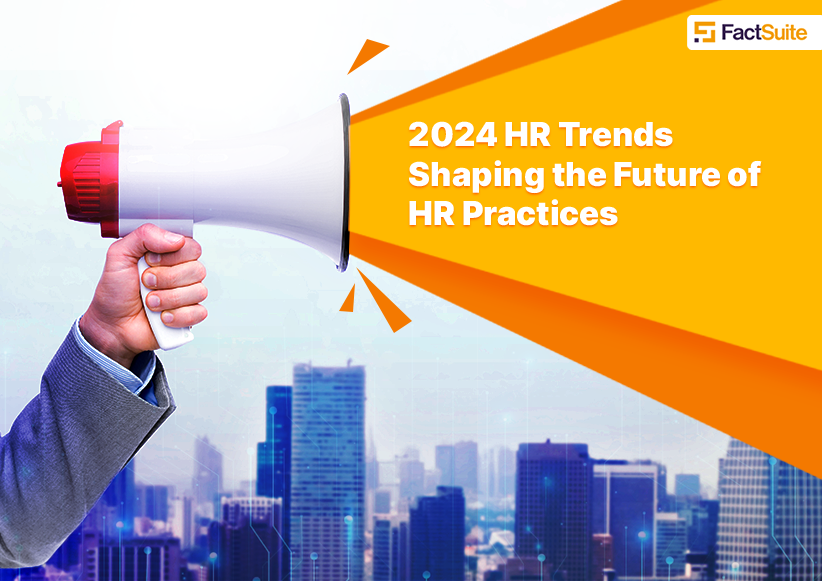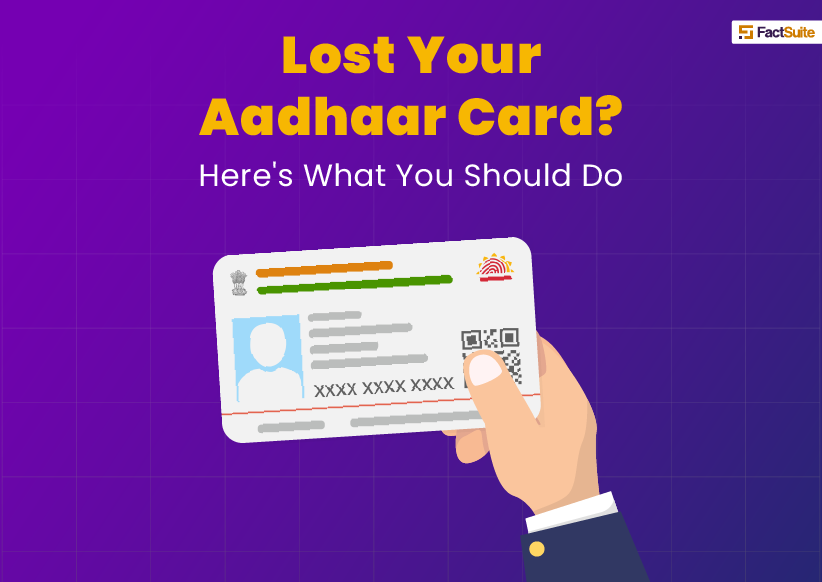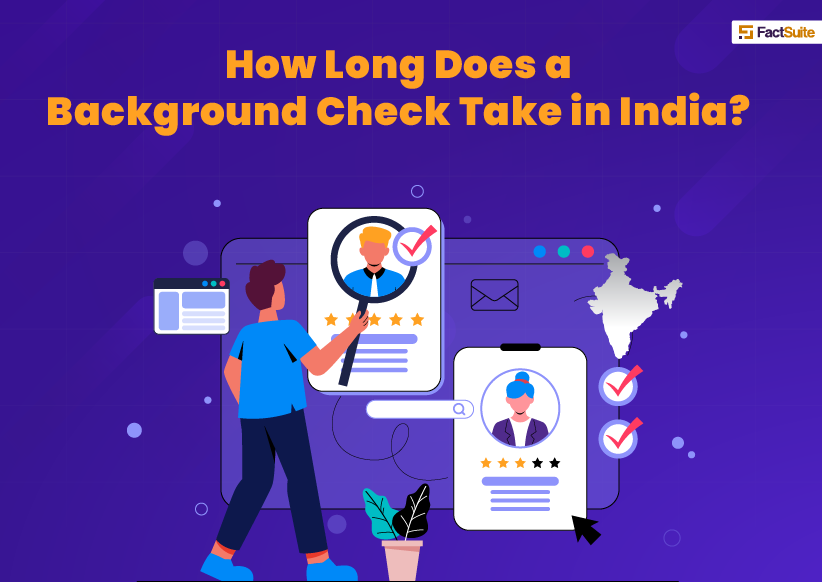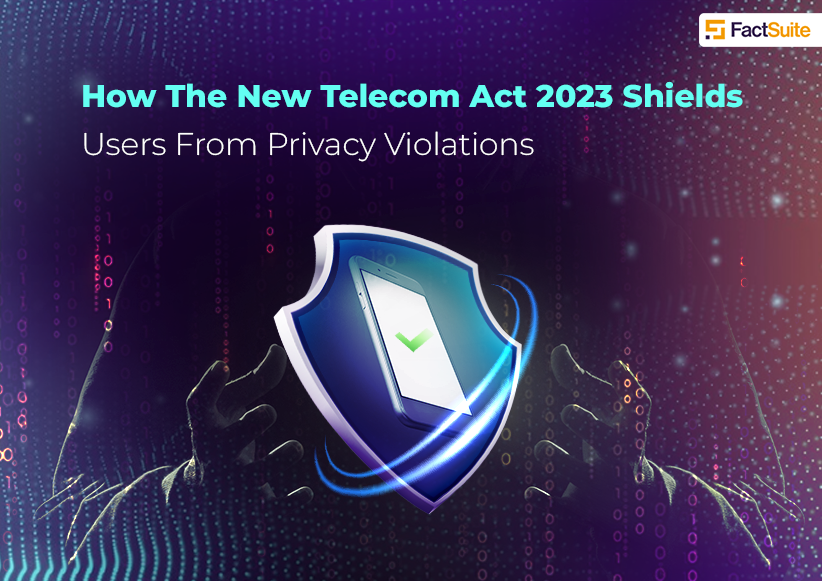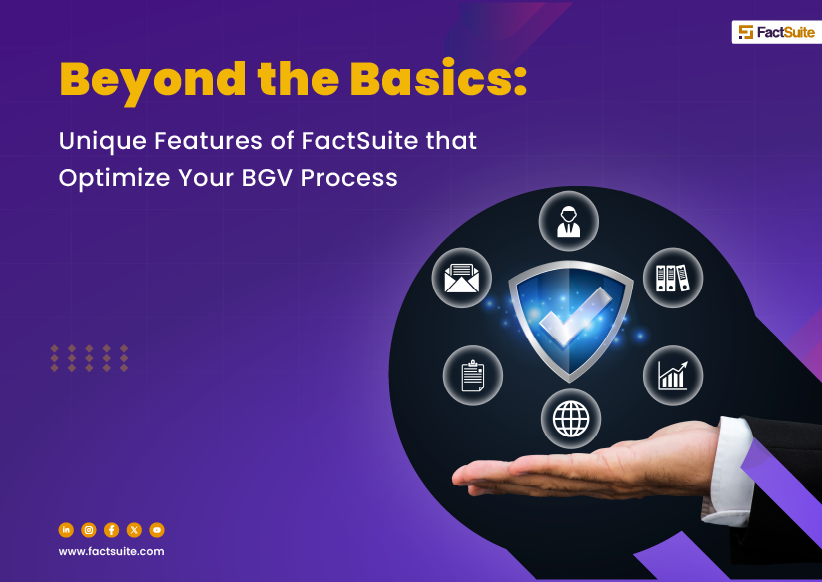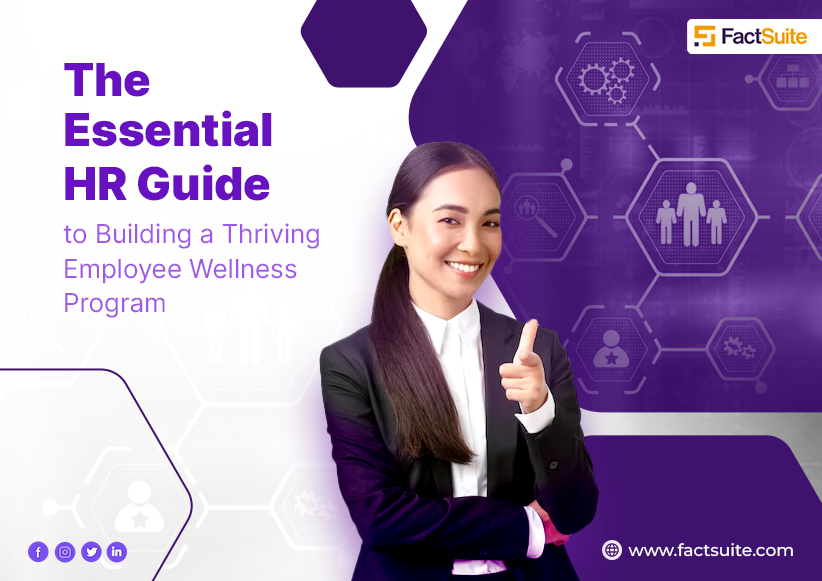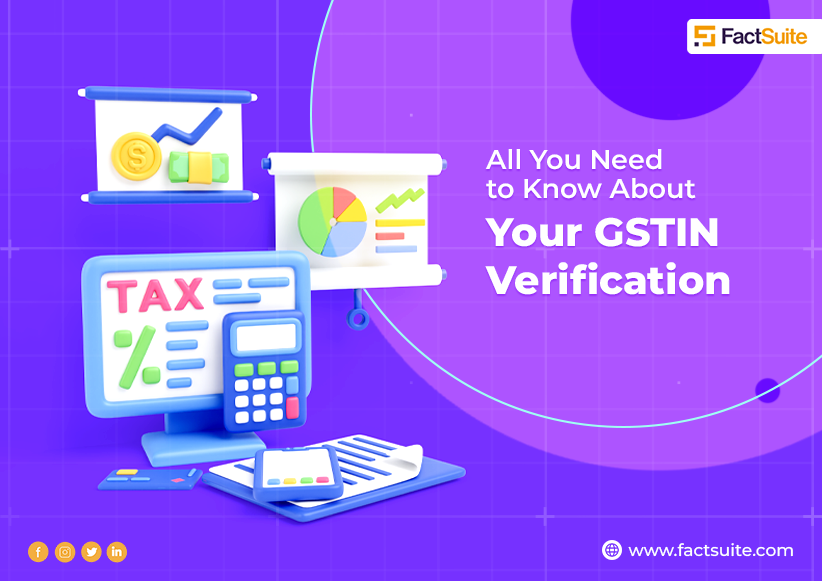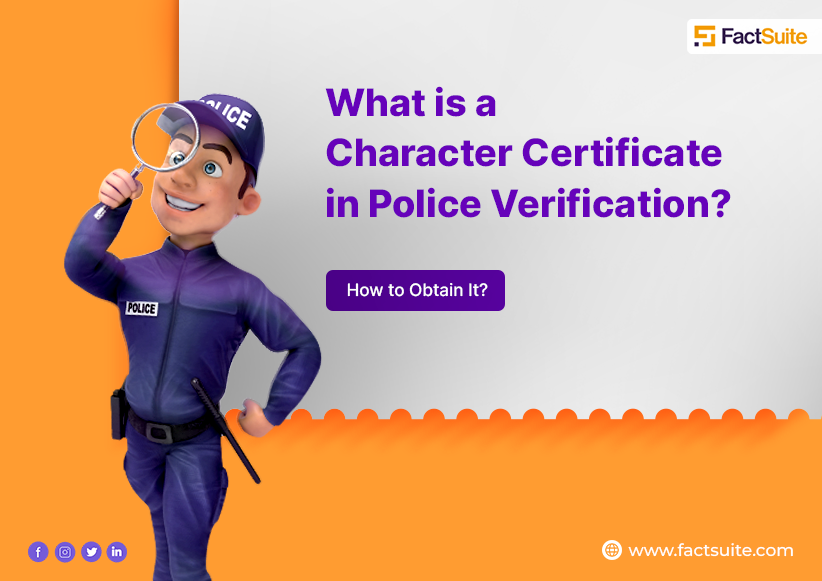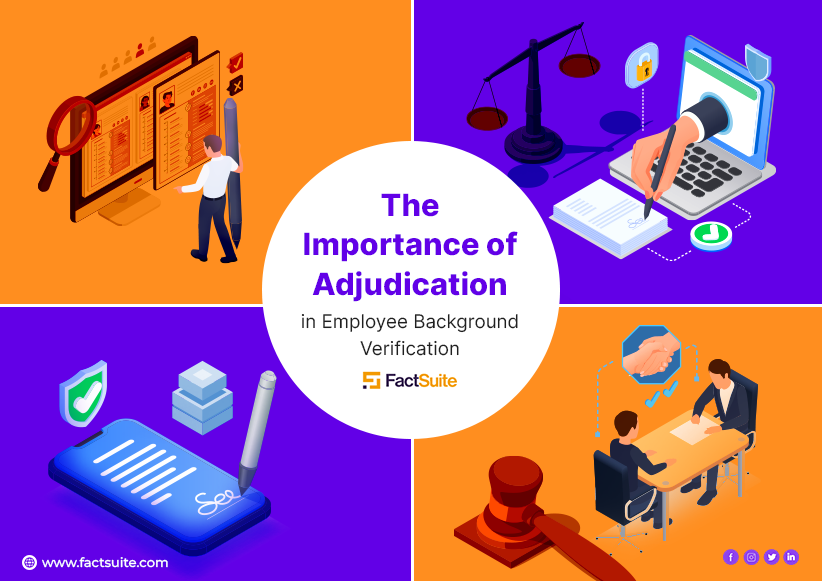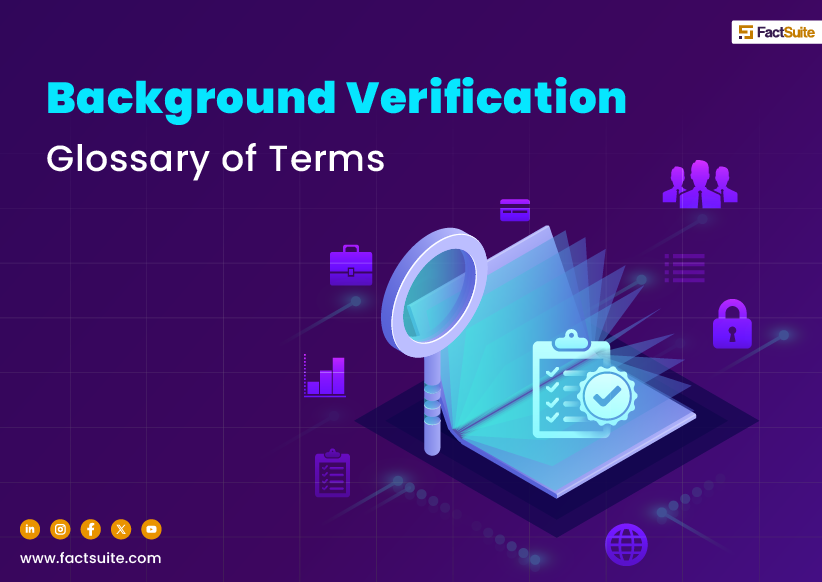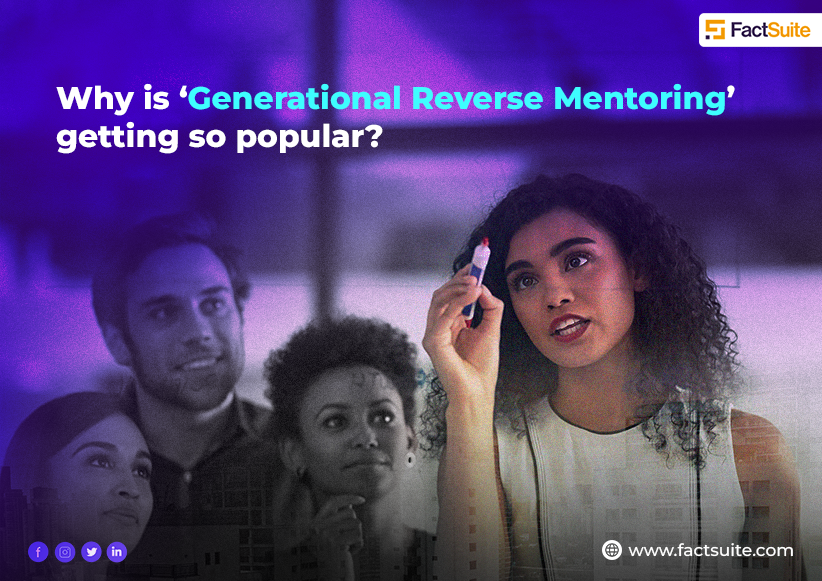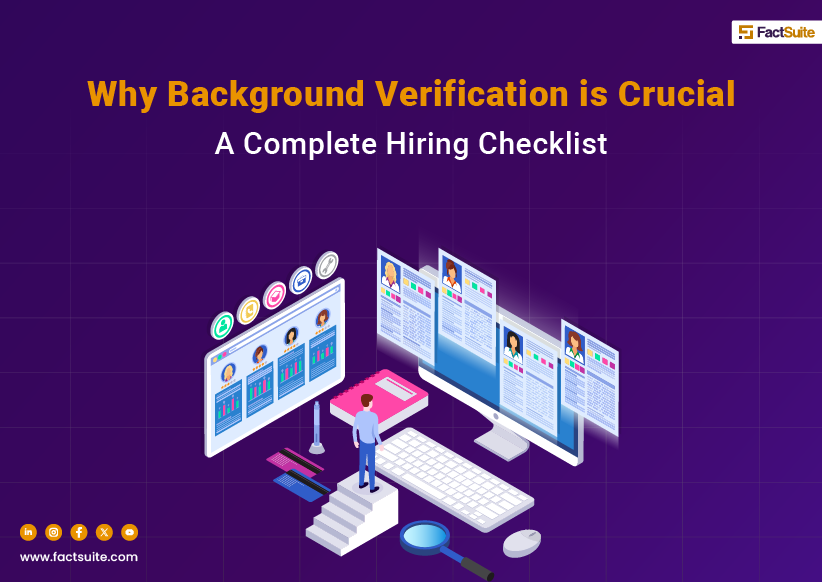Database Check in Background Verification
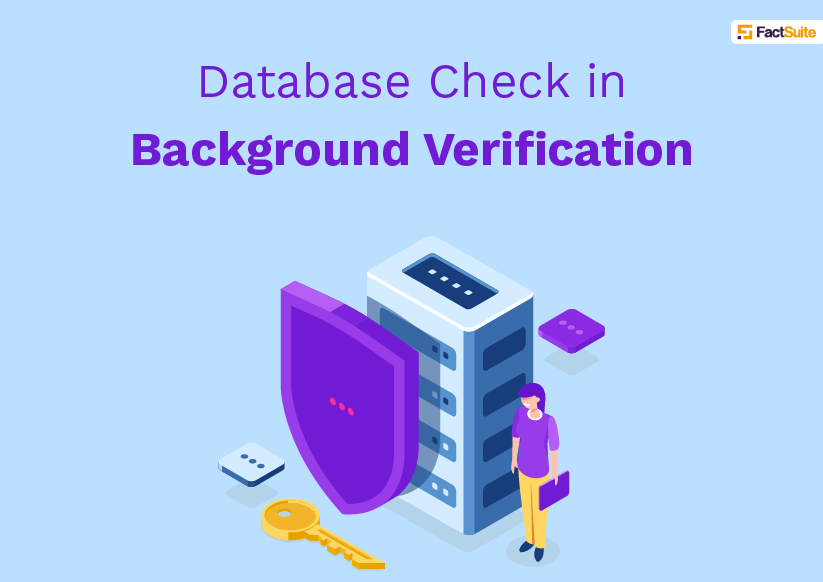
Table of content
Benefits of database check in background verification
Kinds of database checks
- Litigation database
- Criminal database
- Credit database
- Compliance database
Other Verification Databases
- Media Database
- Defaulters’ list Reserve Bank of India
- FBI Databases
- OFAC Databases (Office of Foreign Assets Control)
- Blacklists of institutions or organizations
How are global database checks conducted?
Given the significant investments and possible risks of hiring individuals about whom a company knows nothing, employment verification checks are an essential process that organizations must follow.
Of the various kinds of checks, global database check is a thorough enquiry into systematic databases, which could possibly uncover information about the applicant's conduct in the past.
Database check is the process of country-specific and global database check to verify if a candidate has been involved in any activities that are related to frauds or crimes. As part of employment verification, database check could reveal if the applicant had any connections to organized criminal outfits or if s/he holds a risk related to legal, reputation or compliance aspects.
Benefits Of Database Check in Background Verification
Database check reveals and alerts employers about any critical misconduct by the applicant in the past. While some alerts from the employment verification report would and should not affect an employer’s decision, some might. For example, a credit card default on the part of an applicant might not affect an employer’s decision to hire a candidate, but a criminal record check that reveals the candidate’s involvement in criminal activity will most probably be a concern for the employer. Checking with the verification database save employers from hiring employees that could be a threat to the organization.
Database checks reveal information that is not available in other sources of verification. Database checks are advanced and specific and hence will reveal information that is not easily accessible otherwise. For example, educational and employment records will not have any mention of a candidate being involved in a legal dispute. But a legal database check will reveal it.
Database checks in background verification strengthen employers’ confidence in their hiring choices. An increased number of organizations are opting for database checks and making it a part of their hiring practice to avoid risks and dangers in order to protect their organizations.
Database checks are consequential in the case of international hiring and an important step in foreign recruitment.
Kinds of Global Database Checks
Depending on a country’s law, employers can conduct employment verification checks through legal, criminal, credit and compliance verification databases – records that could influence and affect the employer’s hiring decision.
1. Litigation database
Litigation database reveals information about any lawsuits, legal disputes, legal cases or legal charges that might have been related to the job applicant in the past.
2. Criminal database
Criminal database reveals a job applicant’s involvement in any criminal activity that has been registered with the police or the court in the past.
3. Credit database
Credit database reveals information about financial defaults related to the job applicant.
4. Compliance database
Compliance database reveals any misconduct or wrongdoing in following an organizations adherence to rules, laws, regulations and guidelines relevant to the organization’s business on the part of the candidate.
Other Verification Databases
1. Media Database
The media database check involves verifying if the potential new hire has been involved in any media-reported controversies or scandals. This check helps employers assess the candidate's public image and reputation before making a hiring decision. By examining news articles, social media posts, and online publications, employers can gather information about the candidate's past behaviour and any potential red flags.
2. Defaulters' list Reserve Bank of India
Checking the Reserve Bank of India's defaulters' list is crucial to ensure that the potential new hire has not been involved in any financial misconduct or defaults. This database check helps employers verify the financial integrity of candidates, particularly for positions involving monetary responsibilities. By cross-referencing the candidate's details with the RBI's defaulters' list, employers can mitigate the risk of hiring individuals with a history of financial irregularities.
3. FBI Databases
Conducting a check against the FBI databases helps employers identify any criminal records or past convictions of potential new hires. This database check plays a crucial role in ensuring workplace safety and security, especially for positions that require high levels of trust and responsibility. By accessing the FBI databases, employers can obtain information about the candidate's criminal history, if any, and make informed decisions during the hiring process.
4. OFAC Databases (Office of Foreign Assets Control)
Verifying against the OFAC databases allows employers to ensure compliance with U.S. sanctions laws and regulations. This check helps identify if the potential new hire is on the list of individuals or entities associated with terrorism, money laundering, or other prohibited activities. By screening candidates against the OFAC databases, employers can prevent any potential legal or reputational risks associated with hiring individuals linked to sanctioned entities.
5. Blacklists of institutions or organizations
Checking blacklists of institutions or organizations assists employers in identifying if the potential new hire has been barred or restricted from working in specific industries or sectors. This database check helps protect companies from hiring individuals with a history of misconduct, non-compliance, or unethical behaviour. By consulting industry-specific blacklists, employers can make informed decisions and ensure they are not inadvertently hiring someone with a problematic background.
How are Global Database Checks Conducted?
It is not legal to conduct background verification checks of any kind without informing the job applicant. Hence organizations inform job applicants prior to conducting checks.
Most verification databases are confidential information that is not available easily. Hence organizations hire agencies that have access to important databases and who offer the service of background verification to run database checks on applicants. Companies such as Fact Suite are known for their services in conducting database checks for various organizations.
Agencies that provide background verification services have specific processes and tools to conduct database checks. As a result of their experience and association with organizations that provide verification databases, these agencies understand the characteristics of data storage and know of ways to effectively retrieve information.
With the precise know-how of where to look for what information, agencies such as Fact Suite are able to provide database check services with a high level of competence, accuracy and in a cost-effective manner.

